join the movement
Women and girls around the world are demanding and creating systemic change and a sustainable future for all. We need collective power to attain a just future – we need you.
The WEDO team is a dedicated, diverse and dynamic group of activists and advocates committed to realizing the vision of the organization, supported by an extraordinary group of interns, Graduate Fellows as well as an international Board of Directors and an amazing network of former ‘WEDOers’.
Executive Director
Associate Director, Policy
Coordinator, Policy
Manager, Policy & Development
Development Assistant
Coordinator, Policy & Programs
Manager, Finance
Coordinator, Policy & Programs
Manager, Programs
Director, Policy
Director, Programs
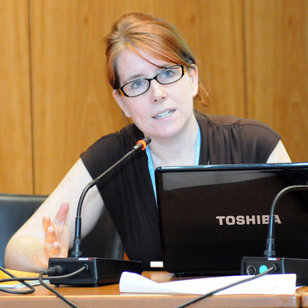
A feminist, environmental activist & Executive Director of WEDO, Bridget specializes in policy advocacy, research and movement building at the intersection of gender equality, women’s rights and environment/climate justice. For several years, she has been particularly focused on integrating gender equality into the decisions and outcomes of the United Nations Framework Convention on Climate Change (UNFCCC). In addition, Bridget serves as the co-Focal Point of the Women and Gender Constituency, which supports the political participation of women’s rights advocates into the climate process. Prior to WEDO, Bridget worked at LEAD International coordinating a global network of environmental leaders and conducting leadership training. She obtained a Masters from the London School of Economics in Gender, Development and Globalization, where the focus of her research was on eco-feminism, strategic essentialism and its deployment in literature and policy, as well as a Bachelors in International Policy. Through this work and study, Bridget has also spent time completing on site practicum on a wide variety of development issues in several countries: renewable energy infrastructure in Beijing, global health issues in Tunisia, disaster risk and resilience in Bangkok, and women’s economic development in Costa Rica. She has been and is currently engaged in a number of local and international climate activist groups, as well as a feminist writing collective.
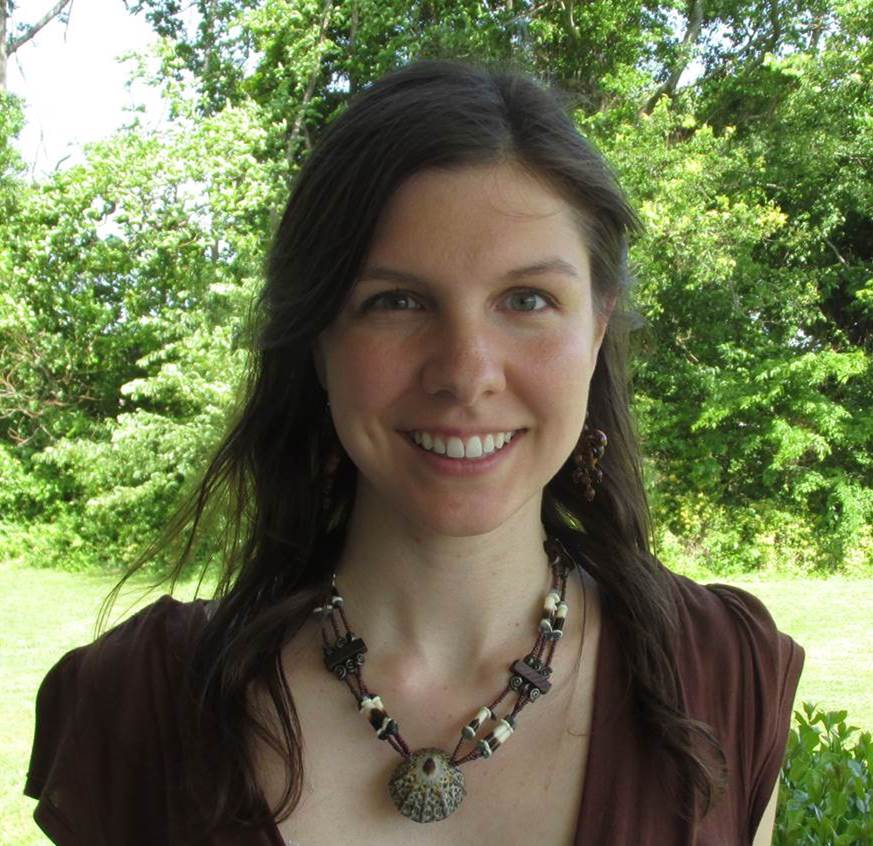
Tara leads WEDO’s portfolio of work on feminist climate finance, supports women’s participation and leadership in the climate negotiations, and advocates for gender-responsive climate policies, particularly working with the Women and Gender Constituency (WGC) and the Sexual and Reproductive Health and Rights and Climate Justice Coalition. Tara also serves as an Active Observer for the Green Climate Fund observer network of civil society, Indigenous Peoples, and local communities.
Tara draws from her interdisciplinary background, including dual Master’s degrees in Sustainable Development and Conservation Biology (M.S.) and Public Policy (M.P.P.) from the University of Maryland, for her feminist analysis and advocacy. While in D.C., she coordinated courses for international conservation practitioners with the Smithsonian Conservation Biology Institute. As a Global Health Corps fellow, advocating for health equity based on the recognition of health as a human right, she worked on health policy and planning for Newark, New Jersey, drawing from her experience leading Tennessee’s Medicaid implementation of the federal program promoting the meaningful use of electronic health records. With the IUCN/SSC African Elephant Specialist Group, Tara improved systems to produce accurate and insightful data to inform conservation decision-making. She has also enjoyed working as a consultant with various nonprofit organizations to promote the strategic alignment of their activities and outcomes.
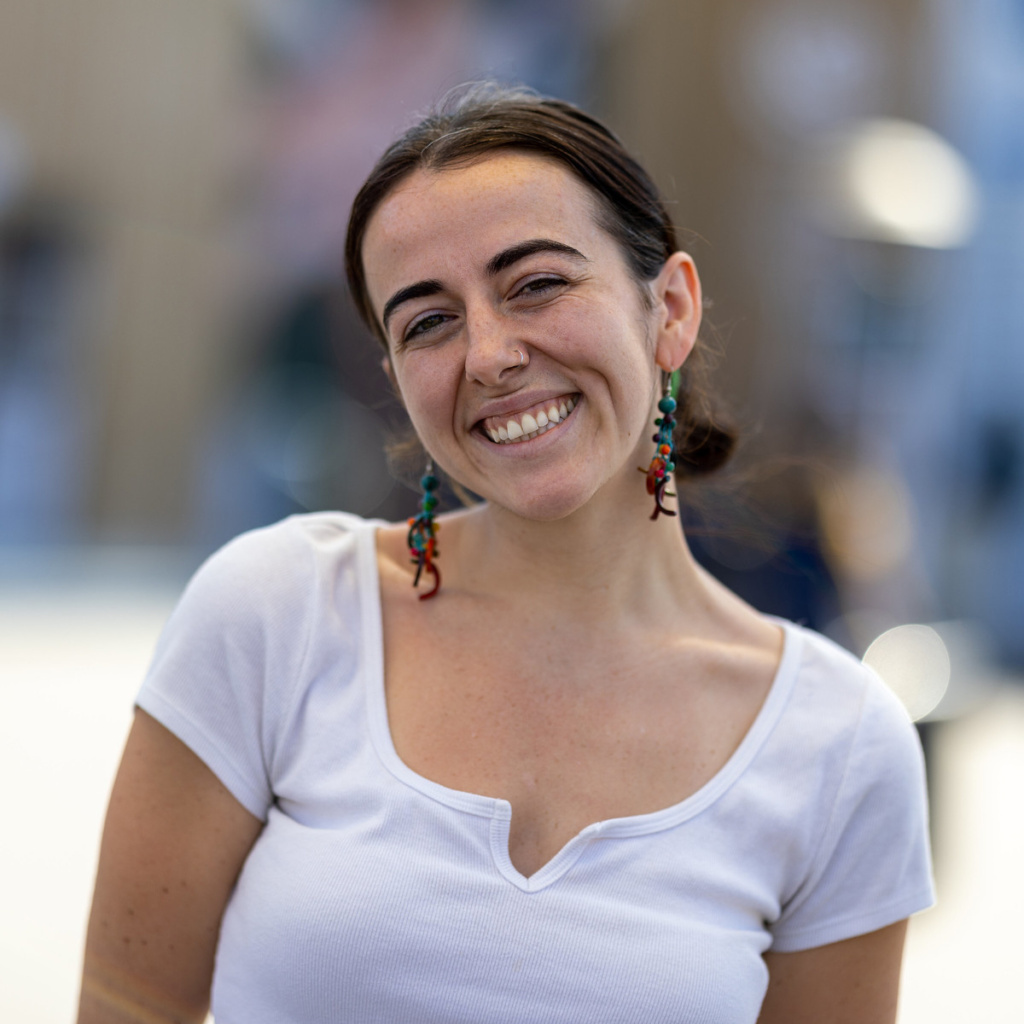
Mara Dolan is a feminist, organizer, student, and writer – always trying to be better at all of these things. At the Women’s Environment and Development Organization, she works on policy research, advocacy, and coalition building among feminist and climate justice movements. She was born in the Midwest, and traces early roots of her relationship to land to her grandparent’s farm and land and food justice and sovereignty work. She graduated with a Bachelors of Science in Environmental Justice from Brown University in Rhode Island, USA. Her journalistic work, focusing on climate and gender justice, has been published in The Nation, Foreign Policy, Teen Vogue, Bitch Media and other outlets. She currently lives in Brooklyn, New York, on the unceded and ancestral lands of the Lenape people.
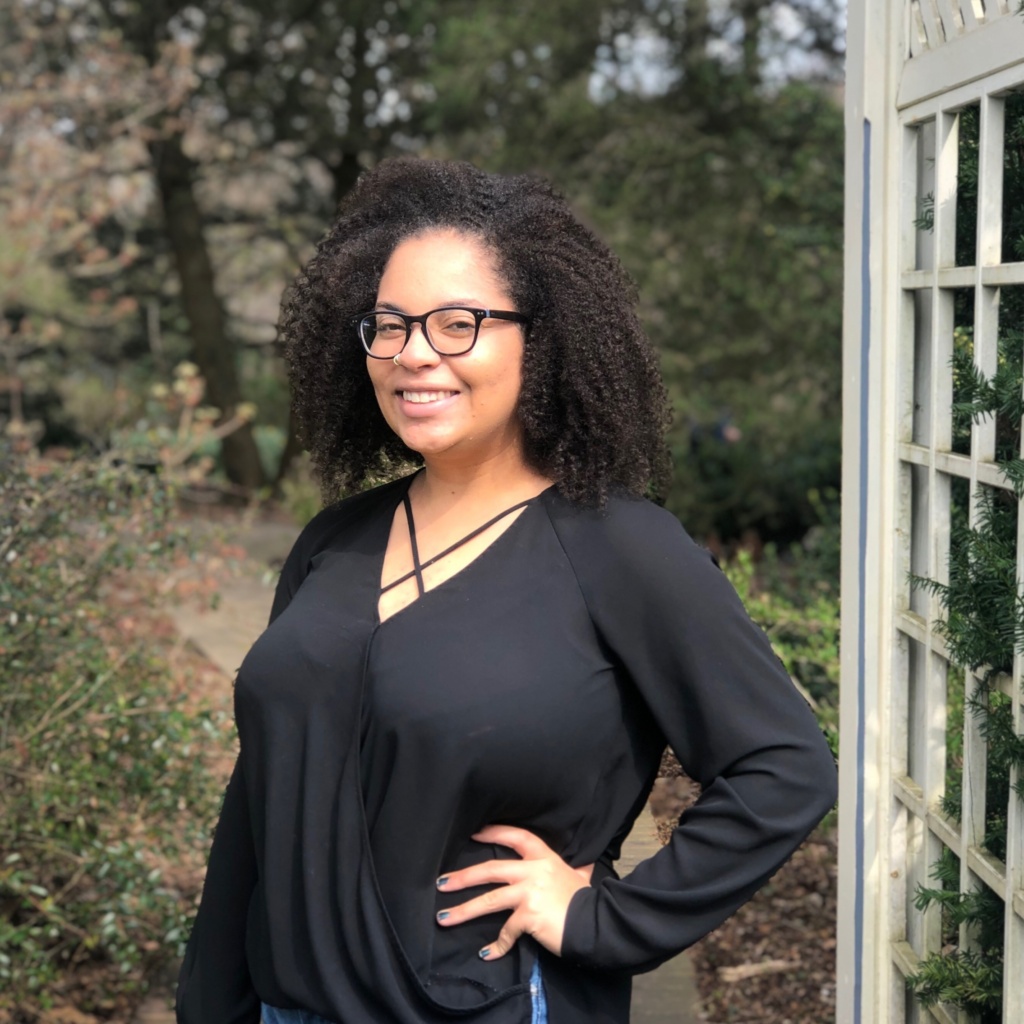
Alexandria (Alex) Gordon (they/she) is a mixed-black, queer human rights advocate currently using their experiences and skills as a program manager working at the intersection of gender equality and climate justice in global policy and feminist coalition spaces. At WEDO, they manage the Gender Just Climate Solutions Scale Fund, supports many collaborations related to grassroots climate solutions, and coordinates with colleagues for the implementation of the Gender Climate Tracker. In their role as a member of the Women and Gender Constituency, they co-lead the Adaptation Working Group, coordinating all items related to Adaptation and Resilience within the UNFCCC.
Prior to WEDO, they worked as an advocate and facilitator with youth from around the world on a range of topics from public health to youth leadership. They worked on the USAID-funded: YouthPower2: Learning and Evaluation project and served as an Adolescent Health Peace Corps Volunteer in Lesotho, honing in skills of project management, locally led implementation. Alex holds a Bachelor of Arts degree in Political Science with a concentration in International Relations from the College of Wooster, with focused undergraduate research on state-sanctioned violence and human rights atrocities.
Alex’s multi-cultural background drives their passion for uplifting the intersection of race, gender, and sexuality within the international development sphere. In their free time, they enjoy trying new cuisines and dancing to live music. Alex currently resides on the ancestral and unceded lands of the Lenape people.
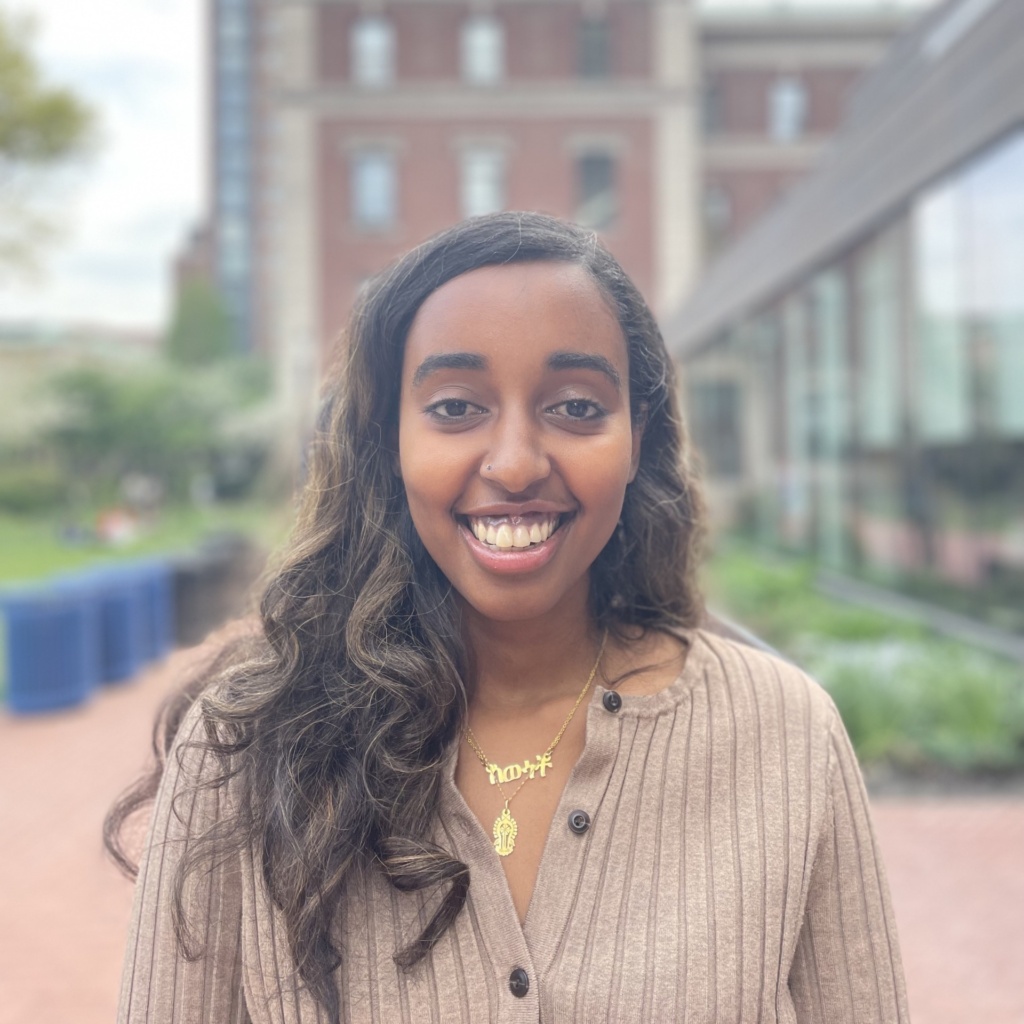
Sewenet Haile is the Development Assistant at the Women’s Environment and Development Organization, where she supports the organization’s fundraising efforts to advance gender equality and environmental justice. She is passionate about the intersection of economic policy and climate justice and how these forces shape the wellbeing of communities worldwide.
Before joining WEDO, Sewenet was a Hazel M. Johnson Fellow at Mid Hudson Energy Transition, where she focused on equitable energy solutions. She also served as a Princeton in Africa Fellow in Zimbabwe, gaining valuable experience in international development and education. Sewenet holds a B.A. in Economics from Barnard College.
Originally from New York City, Sewenet loves to read, run, and explore new places in her free time.
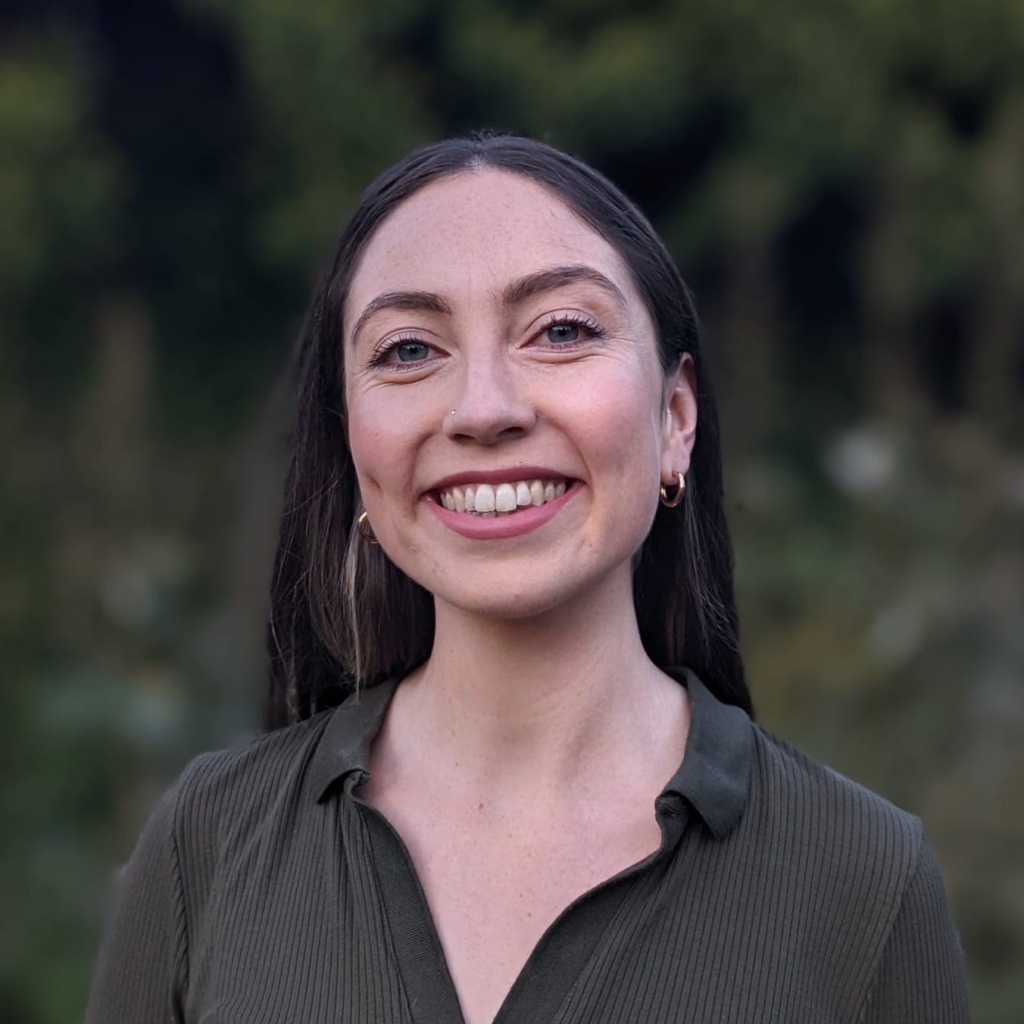
Sinéad Magner is an Irish feminist, campaigner, trainer and climate justice activist. At WEDO, she works on global advocacy and capacity strengthening of women and feminist leaders in the environment and global climate policy spheres, including via the Women Delegates Fund program. At the UNFCCC, she works on Just Transition and Agriculture, including as co-coordinator of the Women & Gender Constituency Just Transition Working Group. For several years, Sinéad has been active in the campaign for decriminalization of abortion in Ireland and in the youth climate justice movement. Her passion for nature and social justice is rooted in the rural, agricultural community she grew up in. In her free time, she loves reading, chatting, cooking and learning new languages.
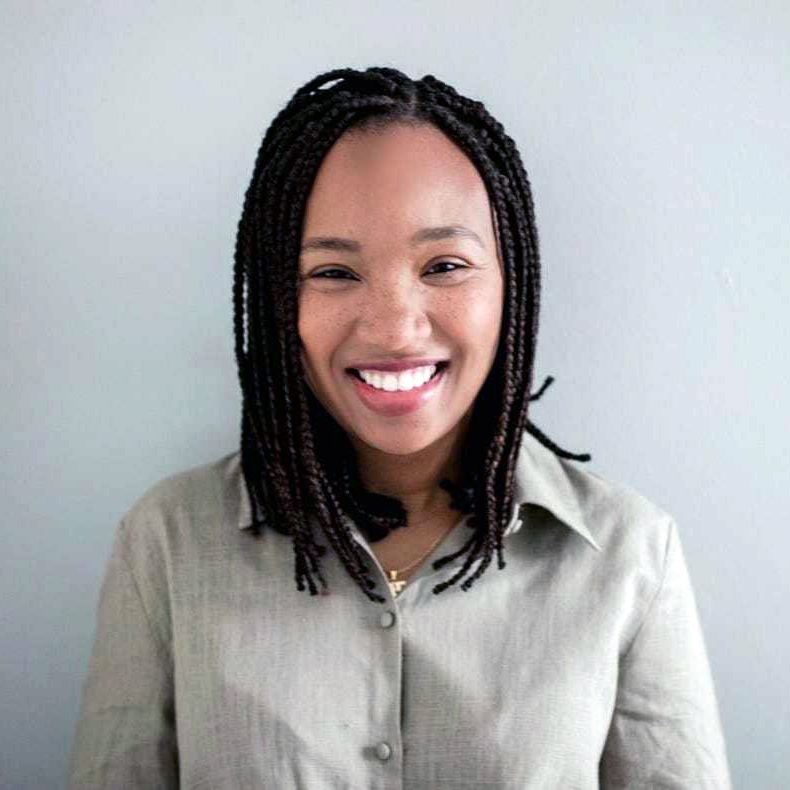
Jessica Njoya Bokam is WEDO’s Manager of Finance. She has over twelve years of experience in the nonprofit and higher education sectors. Her areas of expertise include budgeting and forecasting, financial management, program development, and grants management.
Jessica is fluent in English and French. She holds a Master of Public Administration with a specialization in Public Management, as well as a Certificate in Management and Accounting from Baruch College. She also has a Master of International Relations from the National Institute of Oriental Language and Civilizations in Paris, France. In her free time, she enjoys traveling and reading.
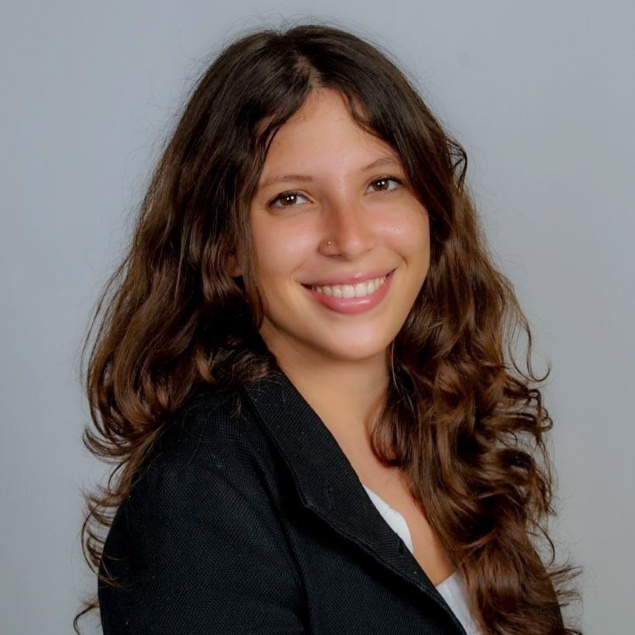
Claudia Rubio Giraldo is a Dominican-Colombian feminist, lawyer, and activist. At WEDO, she serves as co-convener of the Gender and Environment Data Alliance and supports the collection, analysis, and use of data in the Gender Climate Tracker. She is also co-coordinator of the Gender Working Group of the Women & Gender Constituency at the UNFCCC. Claudia has experience working with environmental justice, climate change and food security in Colombia, Dominican Republic, and the United States. She also has experience with building and coordinating multi-stakeholder coalitions, project management and research. In her free time, Claudia loves to read, be with her friends and family, and support local organizations in their advocacy.
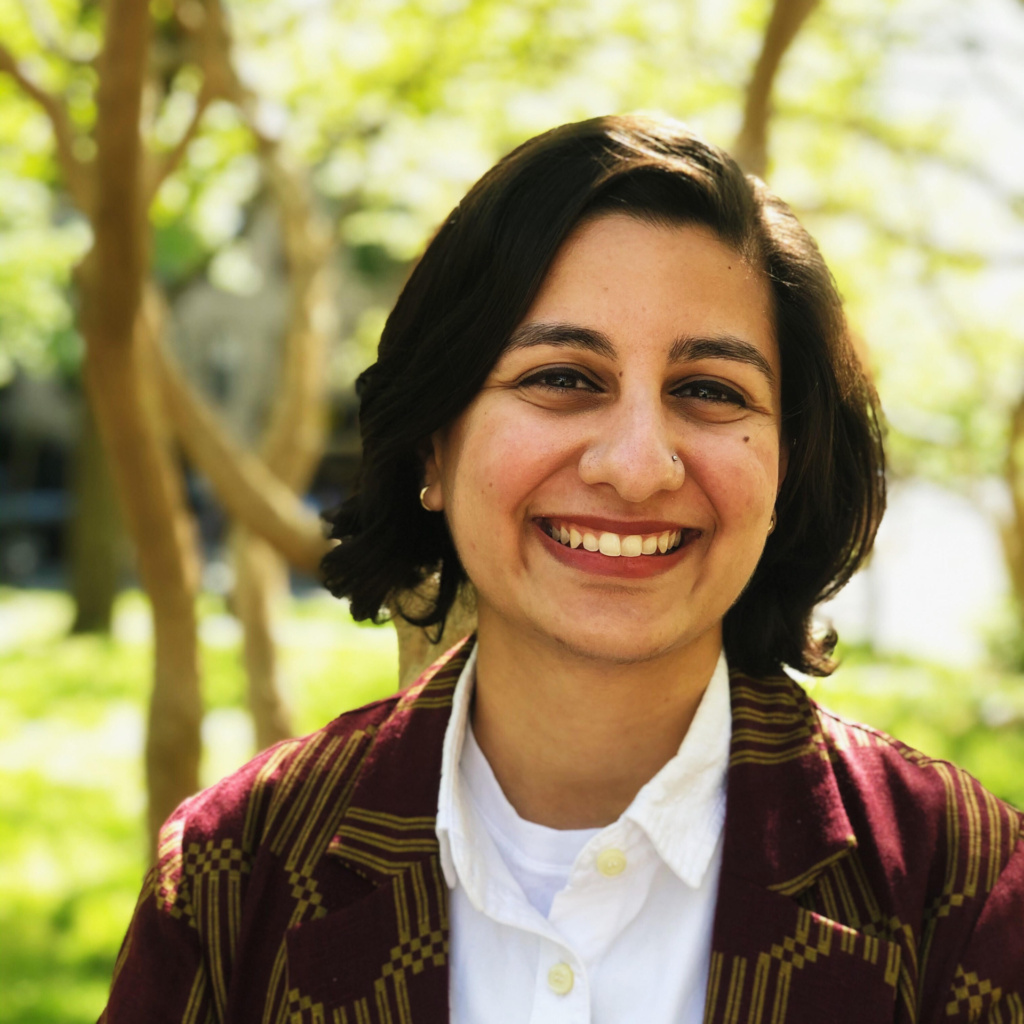
Jahanara (“Jay”) Saeed is an international development professional who brings an intersectional feminist lens to her work, along with a commitment to justice. At WEDO, she supports and manages the organization’s gender data portfolio, including the Gender and Environment Data Alliance. Prior to joining WEDO, she was a program director at Open Data Watch, overseeing the organization’s program of work with an emphasis on gender and inclusive data. Jay also has a background in education research and policy in both the U.S. and Pakistan. She has conducted research on student success outcomes, teaching and learning pedagogies, public-private partnerships in education, and diversity and inclusion in primary school textbooks. Jay holds a Master’s degree in international economics and international relations from Johns Hopkins University’s School of Advanced International Studies, and a B.A. in economics from Smith College. When she’s not working, Jay can be found exploring art museums, traveling with her partner, and doting on their black cat.
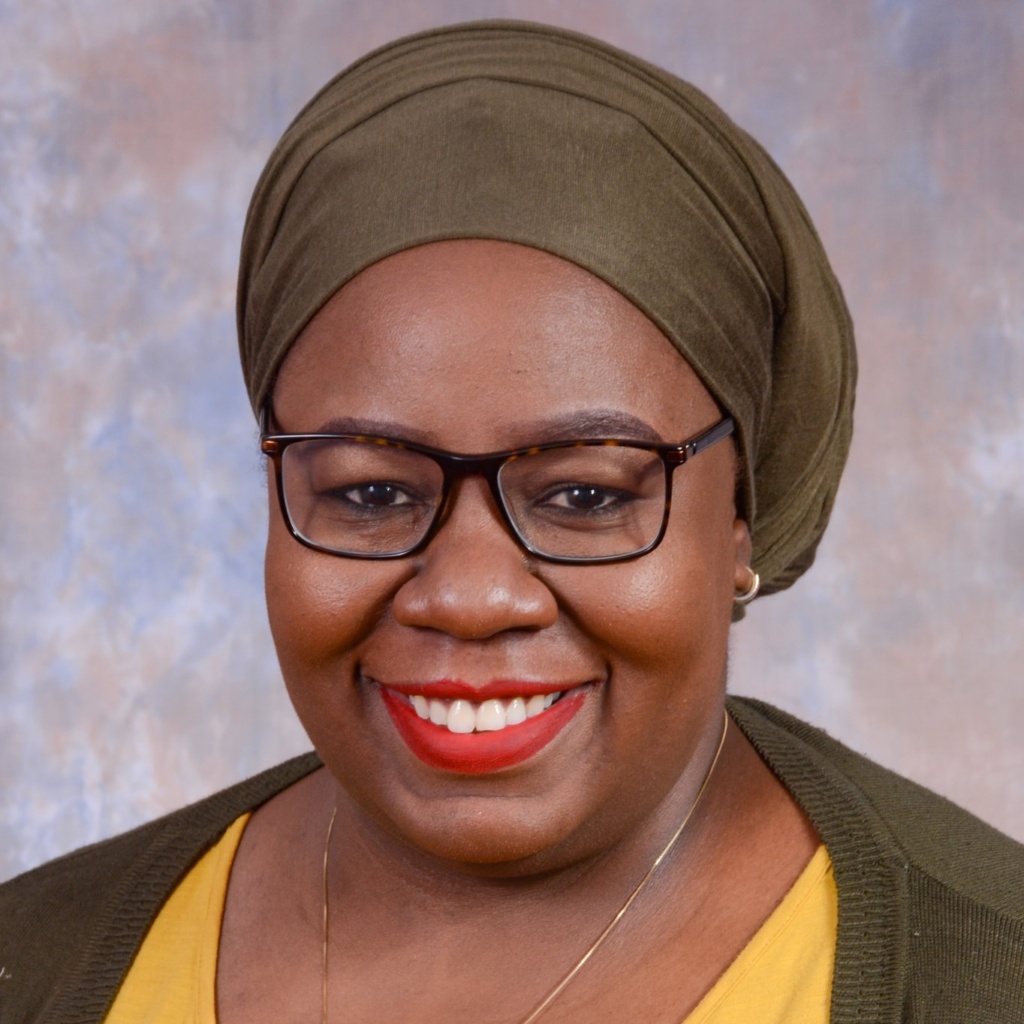
Mwanahamisi (“Mishy”) Singano is an African feminist passionate about fighting structural and intersecting inequalities while contributing to a more just, equal, fairer, and sustainable world. Over the last 15 years, she has worked with women’s rights organizations, civil societies, and governments in developing strategies, building partnerships, managing programs, and engaging communities towards the promotion and protection of women’s rights and the health of the planet. At WEDO, Mwanahamisi serves as Director of Policy.
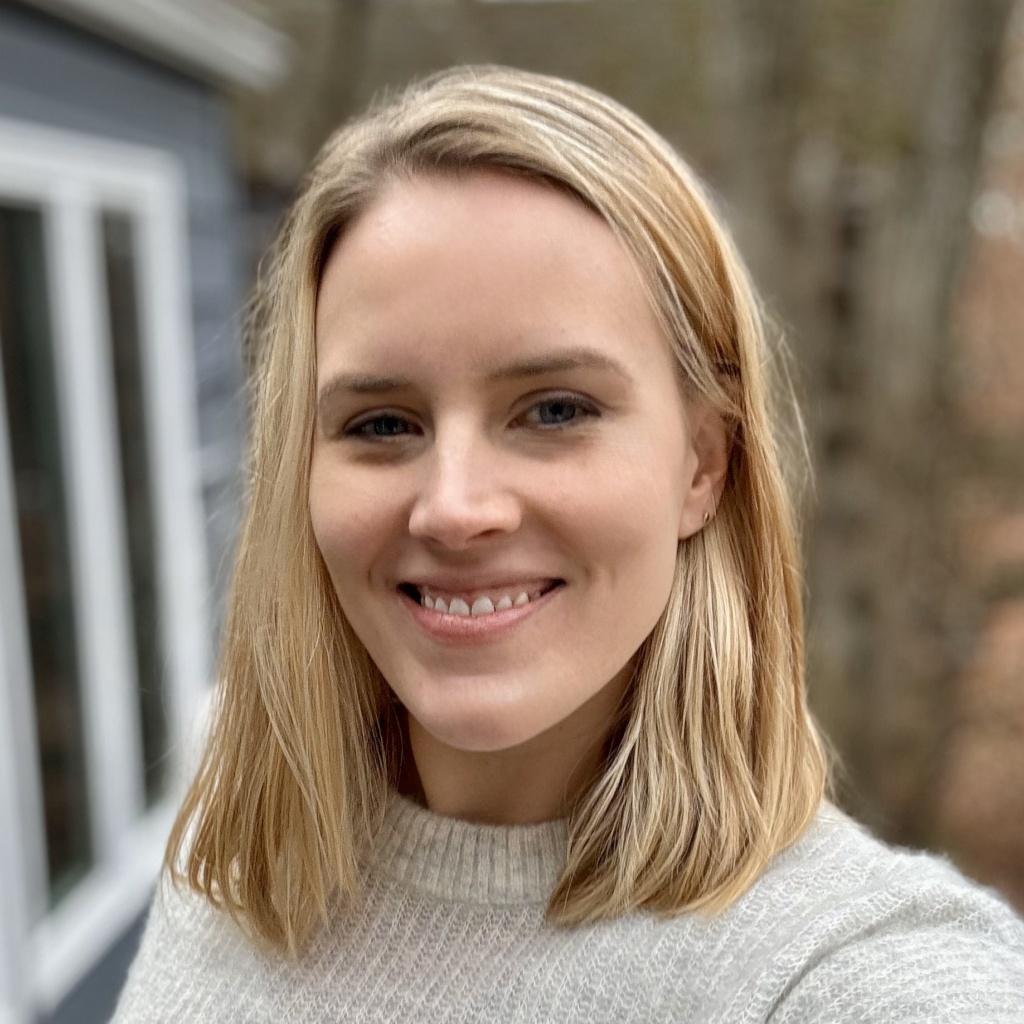
Kathryn (“Katie”) Tobin has worked on sustainable development, gender justice, and human rights since 2011. At WEDO, Katie coordinates the Gender Environment Data Alliance and leads WEDO’s work at the nexus of economic, climate, and gender justice.
Katie began her career at the United Nations Non-Governmental Liaison Service before co-founding Regions Refocus, an initiative that advances feminist and progressive policy with autonomous regional civil society networks. Katie has also consulted on advocacy and organizational strategy for several UN-based organizations, including UNANIMA, Global Policy Forum, and the Mining Working Group, and two NGOs in Uganda (her favorite place). Katie has a Bachelor’s degree in Africana Studies from Barnard College of Columbia University and a Master’s from School of Oriental and African Studies (University of London). Katie lives on the unceded territory of the Munsee Lenape in the New York City area, with her partner and their two small children.
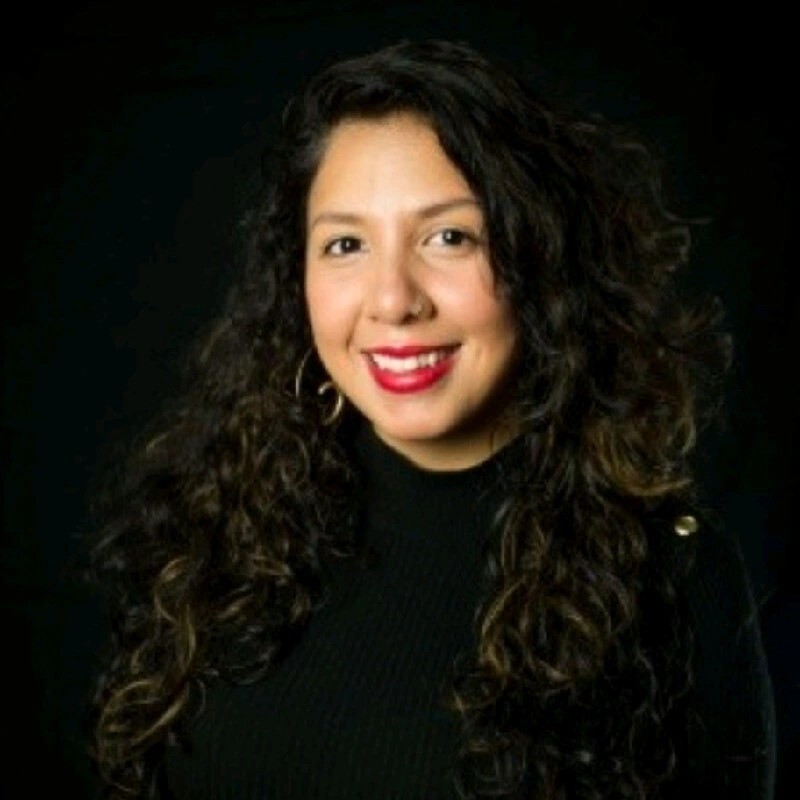
Veronica Brown is a Panamanian and Peruvian feminist, immigrant, and human rights advocate working at the intersections of gender justice, inclusion and sustainable development. Veronica works to support the fierce feminists of the Women’s Major Group as we advocate to expand civic space and ensure that the voices and needs of girls, women, and gender diverse people are prioritized in the SDGs. Over the last several years she has worked to advance gender equality and inclusion at various organizations including Women Deliver, the ACTION Global Health Secretariat, Equimundo, among others. She approaches her work with an anti-racist, feminist, and rights-based lens. Veronica holds a B.A. in Global Affairs and Islamic Studies from George Mason University, a Masters in Humanitarian Action from Ruhr University in Germany and the University of Deusto in Spain, and an Advanced Masters in Development Evaluation and Management from the University of Antwerp. She is also an anti-oppression trainer and passionate about decolonizing ways of working. She loves chai, capybaras, and is weak for reality TV.
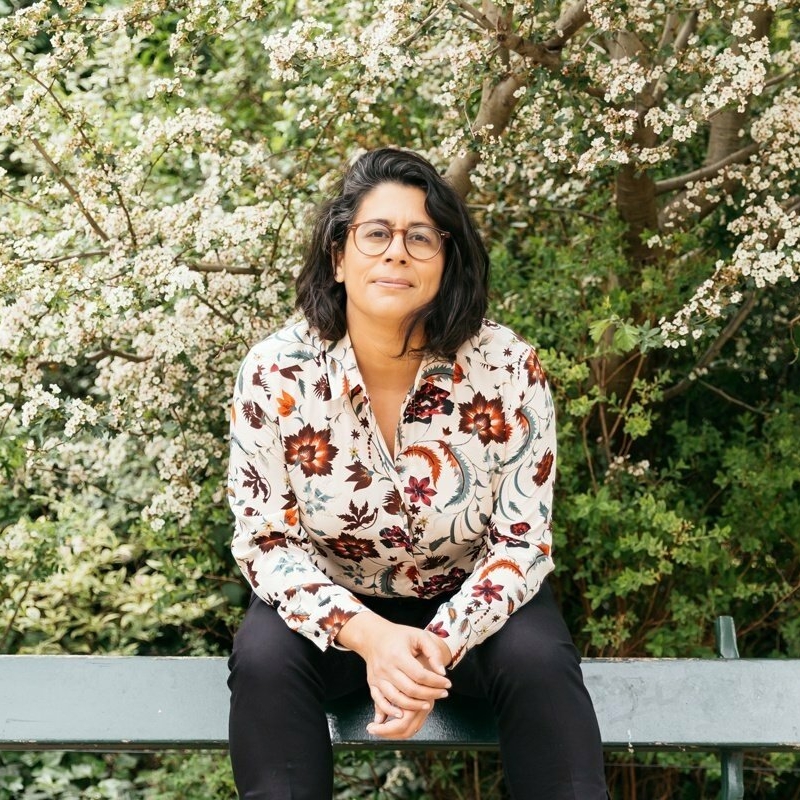
Anabella is a global expert on the social justice dimension of environmental and climate policies, works as a senior advisor on Just Transition for the Climate Action Network and the UN Research Institute for Social Development (UNRISD). She is from Argentina, born in the Argentinean Patagonia and lives in Paris, France. Anabella has worked as International Programme Director (IPD) at Greenpeace International (2018-2023) and before that, at the International Trade Union Confederation (ITUC), where she worked globally with unions and other allies in many countries, particularly in the global south, on a range of climate change campaigns and issues. Anabella has served in the Board of WEDO since 2021.
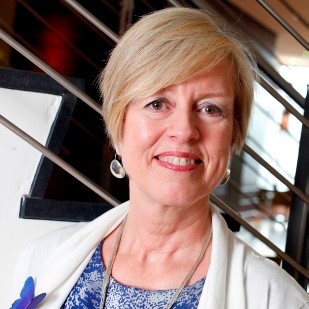
Kristin Hetle has a lifelong commitment to the environment and women’s rights. This has guided her career in diverse ways – as a journalist in her native Norway, where for many years she co-hosted a top-rated weekly public radio program on the environment; and most recently as part of the founding management team of UN Women, the United Nations’ entity for gender equality and women’s empowerment. Here she served as Director of Strategic Partnerships, leading corporate communications and advocacy, resource mobilization and partnerships with civil society and other partners. Before joining UN Women, Kristin served as Director of Communications for the Ministry of Labor in Norway. Between 2002 and 2008 she was Chief of Communications in UNFPA, where she spearheaded public awareness campaigns on sexual and reproductive health and reproductive rights. Her journalist career spans 20 years, always with a strong focus on social and environmental justice. Kristin graduated in Human Geography and Romance languages at the University of Oslo, and in Journalism at the Oslo University College
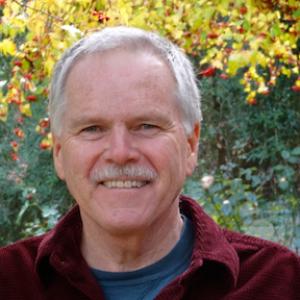
Ed Harrington formerly held the roles of Controller for the City and County of San Francisco, General Manager of the San Francisco Public Utilities Commission, Chair of the Water Utility Climate Alliance, President of the Government Finance Officers Association and member of the Financial Accounting Foundation Board. He also served as Treasurer for Greenpeace International for six years. Since his retirement, Harrington has worked extensively with governmental and non-profit organizations. Among other service, Harrington is an advisor to the WaterNow Alliance, an organization of elected and appointed officials who oversee local utility agencies, focusing on financing green distributed water and wastewater infrastructure.
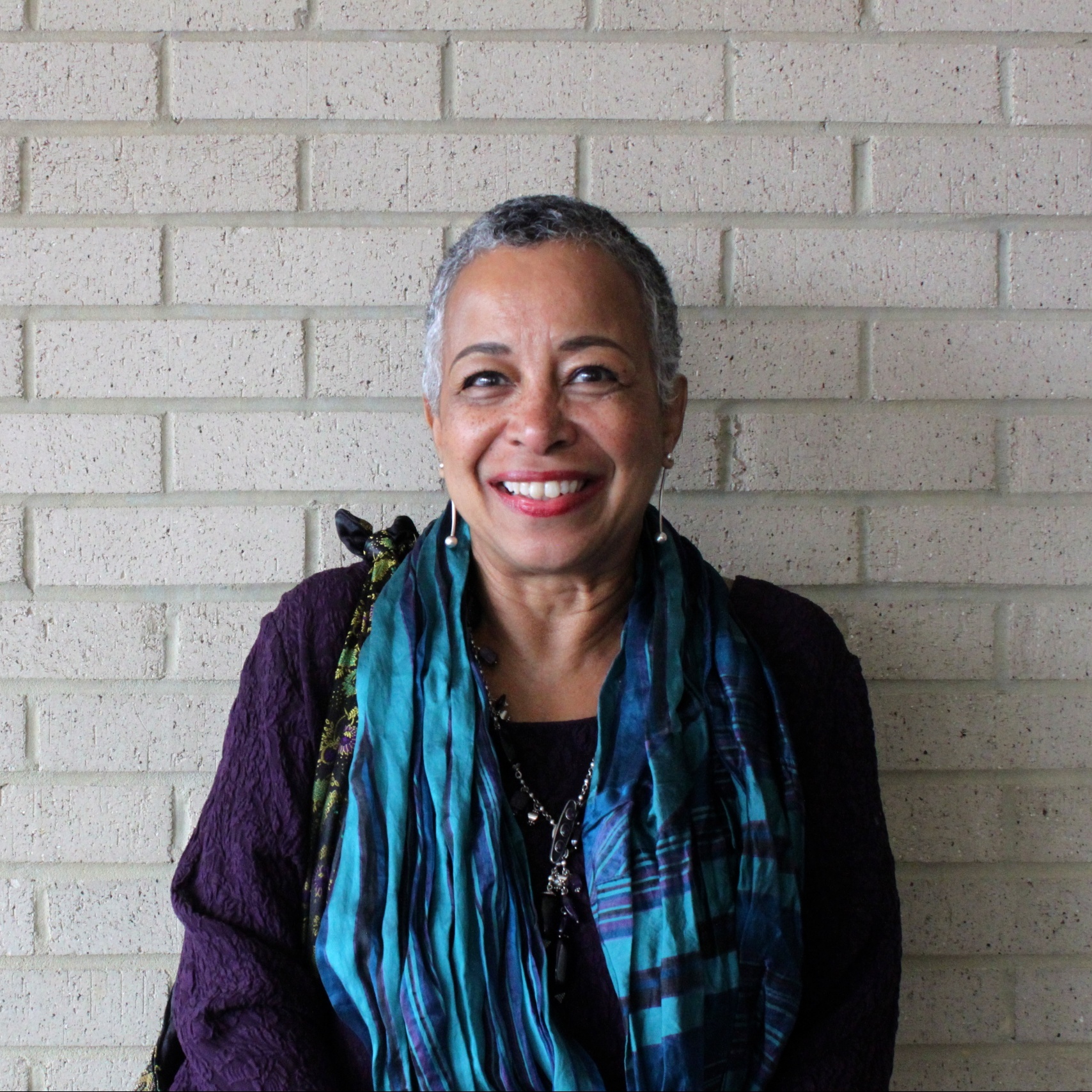
Barbara Y. Phillips has a history of commitment to human rights as a civil rights lawyer, social justice feminist and independent scholar. Formerly a Program Officer of the Ford Foundation in the field of women’s rights and gender equity globally and in the U.S., she has taught courses about constitutional law; race, gender and the law; political and civil rights; democracy and political participation at Stanford Law School,
Washington College of Law at American University, and the University of Mississippi.
She previously served on the boards of Women’s Learning Partnership for Rights, Development and Peace; Creating Resources for Empowerment and Action; African Women’s Development Fund-USA; Programme on Women’s Economic, Social and Cultural Rights; Crossroads Fund; and was President of Black Women Lawyers of Northern California. Her publications include essays How I Became a Civil Rights Lawyer; The Legacy of Other Social Justice Movements; and The Trojan Horse Called “Diversity” in Voices of Civil Rights Lawyers: Reflections from the Deep South, 1964-1980; Philanthropy and Social Justice Feminism; The Road Traveled, The Road Ahead: Ford Foundation Support for Women’s Rights in Women, Philanthropy and Social Change: Journey To a Just Society; a monograph Dignity and Human Rights: The Missing Dialogue; and articles about democracy and political participation. Barbara has a B.A. in history from Macalester College, J.D. in law from Northwestern University, and J.S.M. in law from Stanford Law School.
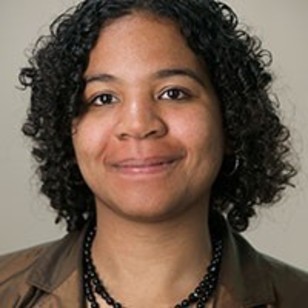
Sayida Vanenburg (Netherlands) received her master’s degree in International Management from the Radboud University. During her studies she was the Dutch Youth Delegate to the UN Commission on Sustainable Development. She started her career in the field of corporate social responsibility/ sustainability namely at Dutch multinationals. She contributed to the development and implementation of sustainability strategies and programs on all three P’s (planet, people and profit). She consciously expanded her horizon to Operational Excellence as these fields of expertise can strengthen each other. Sayida is active on the grassroots and strategic level. She is passionate about continuous learning and developing and therefore actively involved in capacity building from youngsters in the Netherlands to (young) men and women in South Africa. She is a member of the Worldconnectors, an international think tank whose aim is working towards a just, sustainable, inclusive and peaceful world.
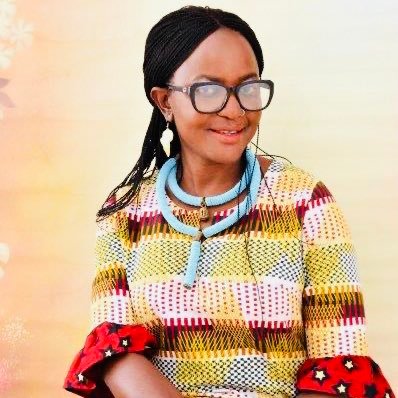
Brenda Mofya is the Head of Oxfam International’s New York/United Nations Office. She is an experienced feminist and project leader with over 20 years demonstrated history of working with inter-governmental institutions and international and local non-profit organisations, including the African Union Commission (AUC), Friedrich Ebert Stiftung (FES), American Friends Service Committee (AFSC), the Centre for Peace Initiatives in Africa (CPIA) and Zambia Civic Education Association (ZCEA). Among her other accomplishments, she is a co-founder of Mpalyana, an organic dairy and crop learning centre in Palabana, Zambia.
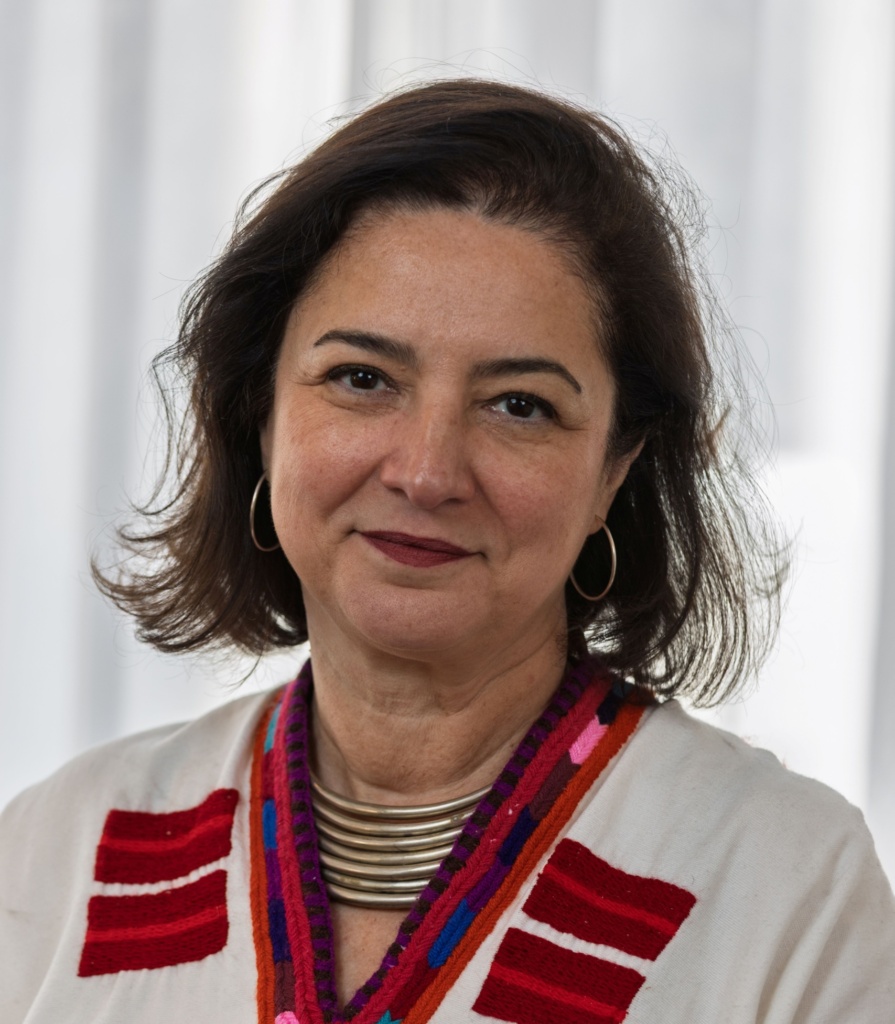
Alejandra Martin is Senior Program Officer at American Jewish World Service. She brings over 20 years of experience working with a range of stakeholders from grassroots community-based organizations and social movements to governments and corporations, all the while centering the human rights, environmental and socioeconomic concerns of marginalized peoples. She has previously worked with the Rights and Resources Initiative, Forest Trends, Business for Social Responsibility, and the Brazilian Institute for Education and Sustainable Business (IBENS). She currently manages the Land, Water, and Climate Justice portfolios in Mesoamerica along with the civil and political rights portfolio in Guatemala. She is bilingual in Spanish and English, and fluent in Portuguese. Alejandra has a BA with Honors in Latin American Studies and Political Science from the University of Texas (Austin) and an MA in Urban and Environmental Policy and Planning from Tufts University. In 2025 she received a diploma on Climate Justice and Human Rights in Latin America from the Supreme Court of Mexico and the Interamerican Association for the Defense of the Environment – AIDA.
Former Gender Climate Tracker Intern
Former Gender Climate Tracker Intern
Former Gender Climate Tracker Intern
Gender, Environment and Climate Change Consultant
Former SRHR & Climate Justice Intern
Former Board Member
Former Digital Communications Consultant
Former Program Coordinator
Former Chair of the Board of Directors
Former Board Member
Former Board Member
International Advisory Committee
International Advisory Committee
International Advisory Committee
Former Senior Operations Manager
Former Gender Climate Tracker Intern
Former Board Member
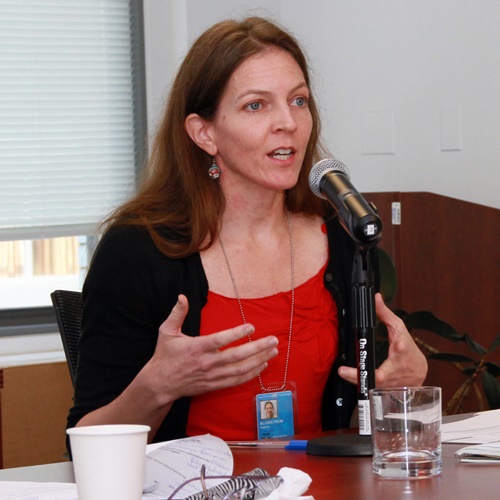
Former Co-Director and Head of Office at WEDO for almost nine years, Eleanor worked closely with program staff in strategic development, implementation and monitoring of WEDO programs and projects.
With a particular focus on sustainable development, climate change and urbanization, her work incorporated research, capacity building, and global-level advocacy at multiple UN fora, including the UNFCCC and related to the post-2015 development agenda.
Supporting WEDO’s long-standing role of facilitating space for women’s organizing and action, she represented WEDO as organizing partner of the Women’s Major Group for Sustainable Development. Prior to WEDO, Eleanor worked on climate change projects ranging from green roofs to waste management to adaptation with the Earth Institute, the Clinton Foundation and the World Bank.
She has community development experience in the areas of agriculture and women’s empowerment with organizations in Nicaragua and Nigeria. Her current work is informed by a professional background in bilingual elementary education with a focus on race and gender equity in public schools. Eleanor holds a Master of International Affairs in Urban and Environmental Policy from Columbia University’s School of International and Public Affairs and a Bachelors degree in Environmental Sciences.
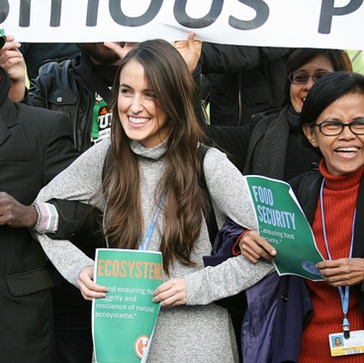
Juliana, originally from Colombia, South America, holds an MS in International Development and Humanitarian Assistance with a Gender Studies specialization from New York University. Over the past eight years, she has worked nationally and internationally with a variety of non-governmental and multi-national organizations including UN Women Peace and Security, Concern Worldwide, Girls Leadership Institute, Smithsonian Institution, WorldTeach, and Global Greengrants Fund. Her fields of interest include international human rights, gender equality, environmental sustainability, peacebuilding, and participatory education. She is currently the HerStory Senior Manager at Global Girls G.L.O.W.
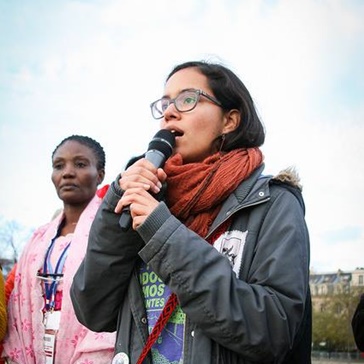
Maria Alejandra (Majandra) Rodriguez Acha is a climate justice activist from Lima, Peru. She studied Sociology/Anthropology and Sustainable Development Studies, and has worked as an educator focusing on intersectionality, feminism, activism and the environment. In 2016, Majandra was Young Feminist Fellow for Climate Justice at WEDO and FRIDA The Young Feminist Fund, promoting the visibility and engagement of young women and young feminists in climate advocacy. She co-coordinates TierrActiva Perú, a collective and national network that works towards “system change, not climate change” and the building of alternatives to the climate crisis, and is currently on the Board of Directors of FRIDA. In her spare time, Majandra likes to play drums in a feminist percussion collective, ride her bike and do composting. She tweets as @majandrraa.
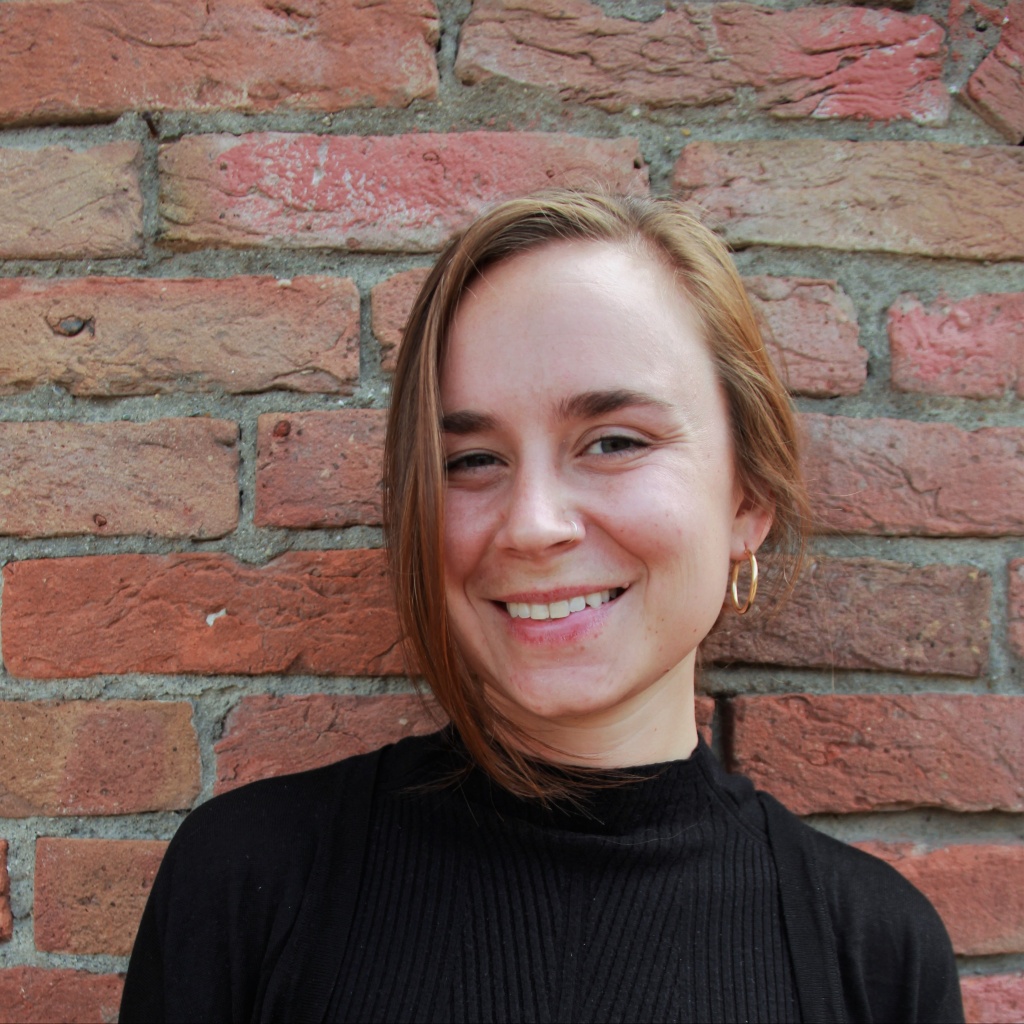
Laura Cooper Hall has worked on gender based violence program development and education in both Myanmar and Vietnam. While in Myanmar she also supported Women’s Peace Network Arakan, a women’s rights organization founded by former political prisoner, Wai Wai Nu. Laura coordinated sexual and reproductive health and rights (SRHR) programs in Latin America for dance4life, an Amsterdam-based organization. She advocated for these same issues at the European Parliament as a Volunteer for YouAct, an online organization focused on SRHR for youth in Europe. She has a BA in Anthropology from McGill University and a Master’s in Public Policy from the Erasmus Mundus MAPP Program, with her thesis focused on gender in climate change negotiations within the UNFCCC and COP22. She speaks fluent Spanish and Taxi Burmese and founded feminist discussion groups in Yangon, The Hague and Barcelona.
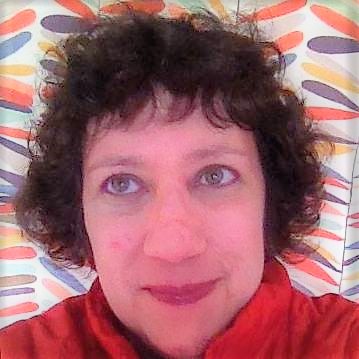
Based in New York and having worked as an IT consultant with WEDO for a little over a decade, Mary has vast experience supporting the IT needs of small not-for-profit organizations. Asked to describe her role at WEDO, Mary stated (in typical Mary style), “when computer/network stuff breaks, I try to fix them, and then make suggestions on how not to break things in the future.” She also added, “WEDO’s role in my employment is more interesting – putting their money where their mouth is, in terms of supporting and hiring a female techie, in a male-dominated field…..I’m “living” it, and WEDO has been supporting and encouraging it for years.” Mary has been an anchor for WEDO for many years, and continues to be an incredible support.
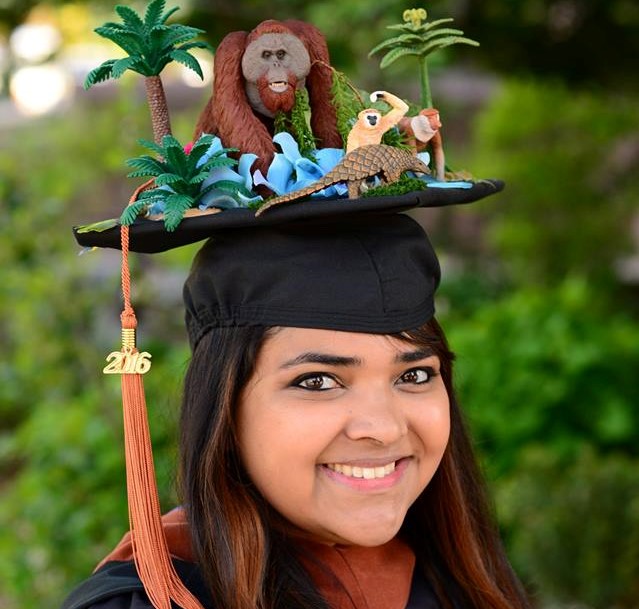
Latha Swamy serves as the Senior Advisor to the Chair of the Rockefeller Foundation Economic Council on Planetary Health, Dr. Ernesto Zedillo (Former President of Mexico), at the Yale Center for the Study of Globalization. Additionally, Latha advises on the Center’s Universal Health Coverage Steering Committee as it develops a Charter for Equitable and Sustainable Universal Health Coverage. In September 2018, Latha also joined the municipal government of the City of New Haven, Connecticut as Director of Food System Policy. Her work broadly examines the relationship between environmental degradation and human health. Her research explores the linkages between health systems strengthening and access, food justice and security, gender equity, and postcolonialism in the midst of global environmental change – particularly their effects on those living in poverty, and innovative solutions that challenge the resulting systems of oppression.
Internationally, she has worked in India and Nepal with the MIT Poverty Action Lab using randomized control trial (RCT) methods to evaluate the use of rural farmers’ social networks to promote new climate-smart agriculture technology uptake; in Haiti with Hôpital Albert Schweitzer developing interventions to transition smallholder farmers to agroforestry techniques to jointly address chronic malnutrition and deforestation; and in West Borneo, Indonesia conducting an independent mixed methods program evaluation at a rural clinic that aims to dis-incentivize illegal logging by providing reduced cost healthcare services in return for forest stewardship. Domestically (USA), she has worked conducting and managing clinical trials in anesthesiology and pain management at Hospital for Special Surgery, and as a Health Policy, Economics, and Advocacy Fellow for Physicians for a National Health Program.
She currently serves as an Ally Council member for Women’s Environment and Development Organization (WEDO) and chairs the Junior Board of EcoHealth Alliance (EHA). She also trained in urban farming and food justice practices at Just Food NYC’s Farm School. She holds a Master of Environmental Management from Yale University, prior to which she pursued an M.D. and a Ph.D. in systems neuroscience at Albert Einstein College of Medicine.

Malaika studied Environmental Anthropology and Psychology for her Undergraduate coursework. It was through her Anthropology program that she developed her passion for environmental justice after traveling to the Brazilian Amazon to learn from indigenous leaders and witness rainforest destruction provoked by profit hungry extractive industries. Malaika recently graduated from NYU’s International Affairs Master’s program with a concentration on Environmental Policy. Awarded with a Green Grant from NYU’s Office of Sustainability, Malaika collaborated with a research capstone group of three to create a solar powered atmospheric water condenser to provide a technological fix for water insecurity globally. With her spare time, Malaika enjoys utilizing her second degree black belt in Karate by teaching free self defense classes for the community.
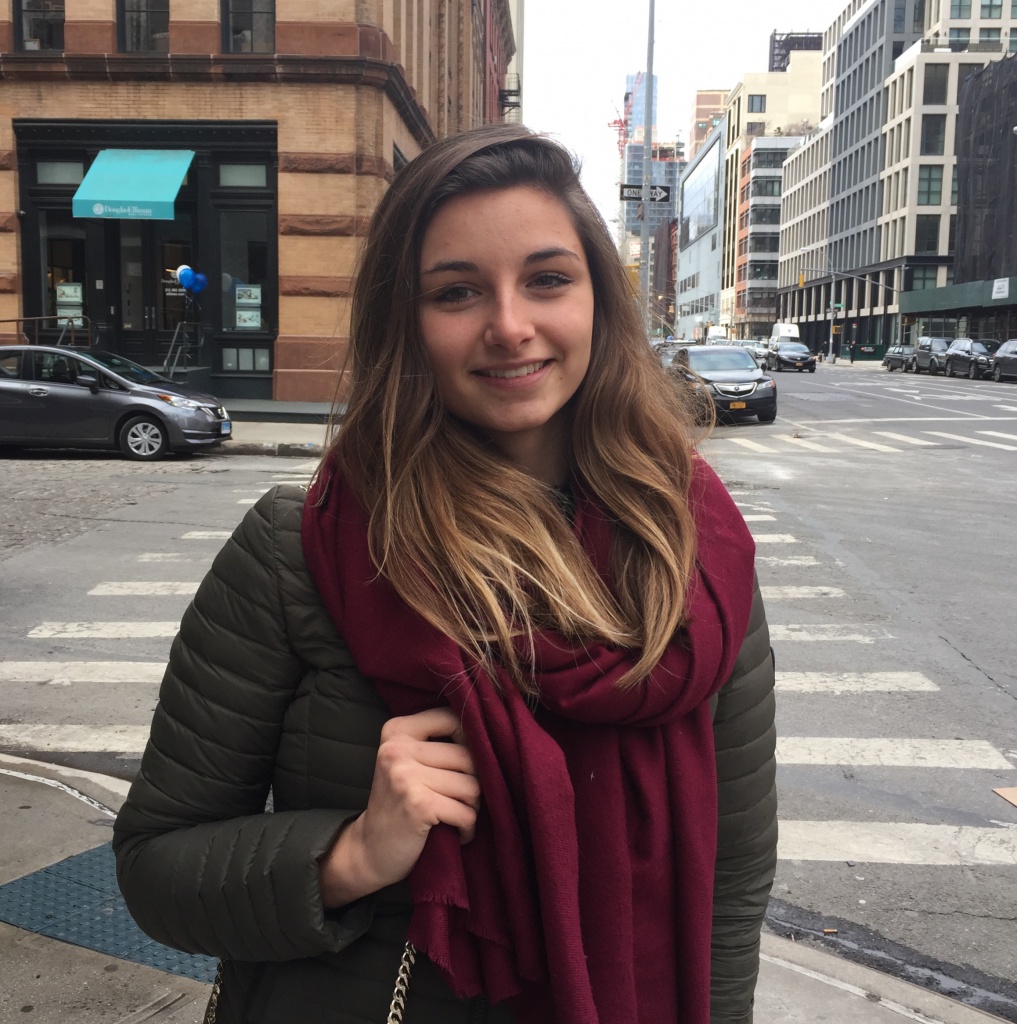
Lou is a 21-year-old student, from France, passionate about the environment and the defense of women’s rights. She obtained a Bachelor Degree in Political Science and is currently working on a Master’s Degree, specialized in Environmental Risks and Issues, at the University Paris 1 Panthéon-Sorbonne, France. During her studies, she has been heavily involved in the student organization of her university that sets up debates on various topics (politics, society, and environment). She worked with friends to create a short film denouncing the harassment against women in the streets, an issue she is very passionate about.
Last summer she achieved an internship in the Permanent Mission of Haiti to the United Nations which gave her the opportunity to discover international relations from the inside. She witnessed firsthand how civil society defends its positions and beliefs in order to make sure that no one is left behind. This is why she applied to work with WEDO as an Advocacy Fellow. This 2018 Fellowship was an opportunity to meet women leaders from all around the world and to be part of a team of passionate feminists and environmental activists. Lou hopes to continue on this path for her professional career.
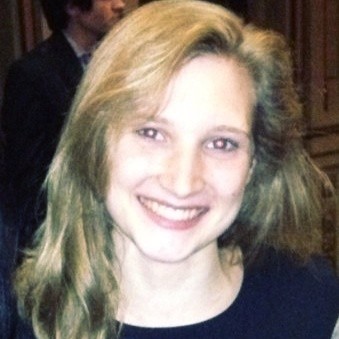
Elaine Colligan is reading for the MPhil in Political Theory at the University of Oxford, supervised by Dr. Cécile Laborde. Her research focuses on developing a theory of global justice that takes climate change and correlative “climate rights” as its central focus. Her research asks what democratic and legal procedures should be available at the global level to protect and promote civil and political liberties that are increasingly threatened by the climate crisis.
Before coming to Oxford, Elaine served as the Deputy Director of Clean Virginia, a 501c4 incorporated political action committee that fights corruption in Virginia politics. She worked on former Congressman Tom Perriello’s campaign for Virginia governor in 2017, and before that organized hundreds of students and youth to talk to presidential candidates about climate change during the 2016 U.S. presidential election. She recently attended the 2018 UNFCCC climate talks in Katowice, Poland as a representative of the Women’s Earth and Climate Action Network, calling for gender-just and frontline-led solutions to keep warming below 1.5 degrees Celcius. Elaine interned for WEDO during the summer of 2013, where she compiled a report on women’s experiences of climate change in Niue, Ghana, India, Mexico and Suriname, based on first-person accounts.
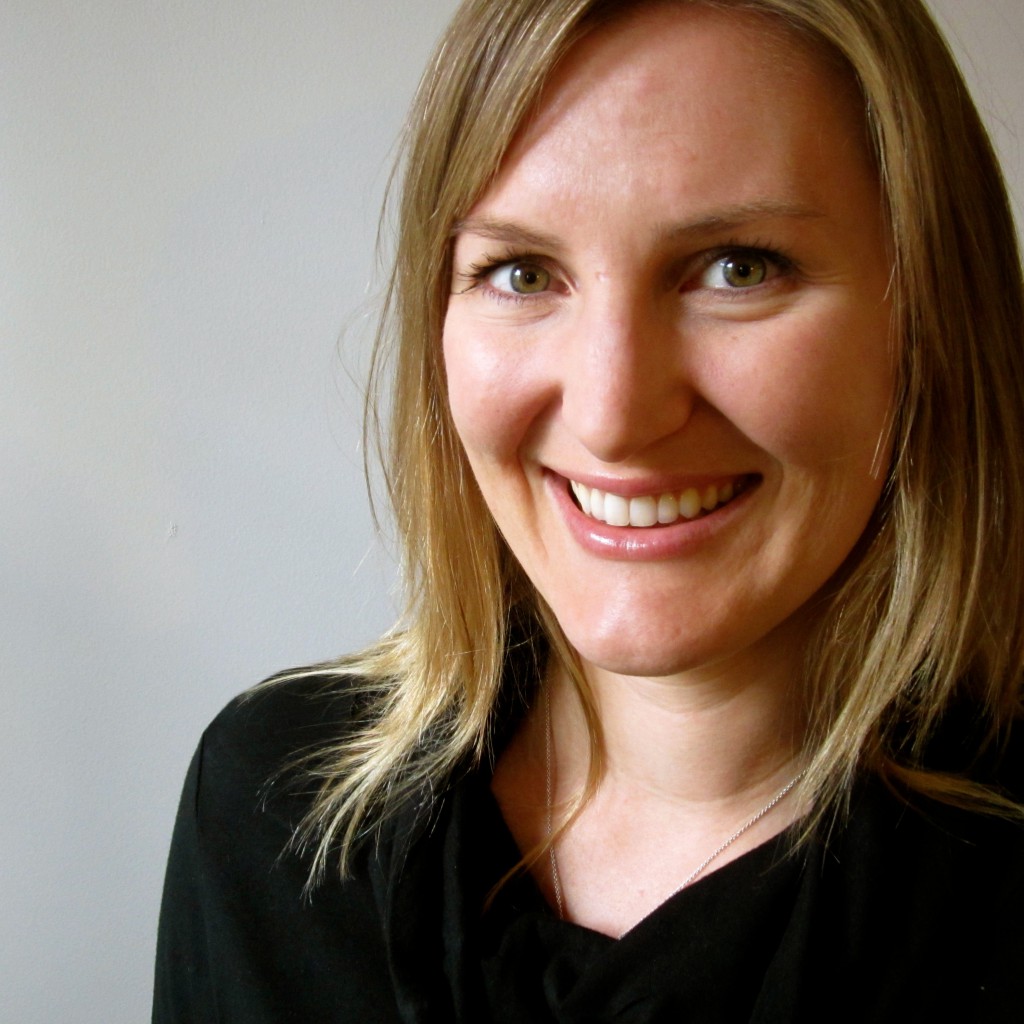
Cate Owren is Senior Gender Programme Manager with the Global Programme on Governance and Rights at IUCN (International Union for Conservation of Nature), where she develops and manages gender projects, supervises gender team staff, supports implementation of IUCN’s gender-responsive programming policy, and provides technical support across a wide range of projects, partnerships and with IUCN members. Her current research and advocacy work is around gender-based violence and environment linkages. Focused primarily on climate change, sustainable development, and biodiversity themes, together with women’s rights and empowerment, women’s political participation, women’s organizing and networking, and gender equality advocacy, Cate has more than 15 years of experience working on policy processes and programme implementation at international, regional and national levels. Prior to joining IUCN, she was director of WEDO – and remains, as always, in solidarity.
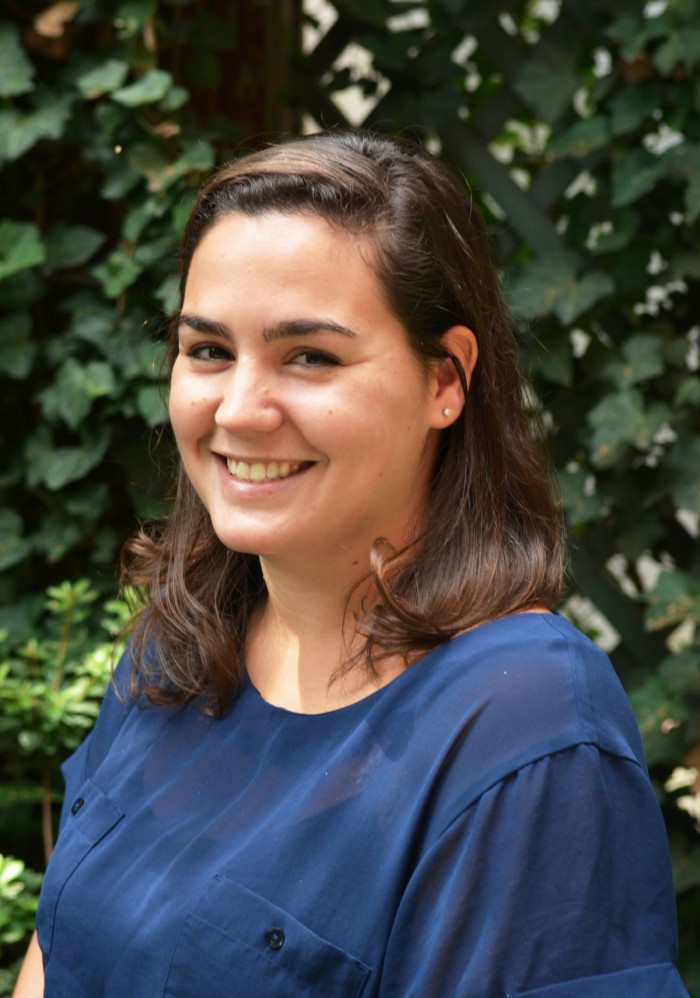
Iliana was a WEDO Sustainable Development Fellow in 2014-2015. She currently works at the Institute for Policy Integrity, a nonpartisan think tank housed in NYU’s School of Law, and her work focuses on domestic climate change mitigation policy. Iliana received her Master of Public Administration with a specialization in International Development Policy from NYU’s Wagner School of Public Service and her Bachelor’s from Mount Holyoke College. Iliana has also worked for the Global Gender and Climate Alliance and the UN World Food Programme.

Fany is a 24 year old graduate student born and raised in Brussels, Belgium. After graduating High School, Fany moved to New York for five months to learn English, and fell in love with the city. Upon returning to Brussels, she started a Bachelors Degree in translation in French, English and Arabic at Université Saint-Louis. During those three years, she grew her linguistic skills and undertook a three month exchange program in Tunisia. She developed a strong interest in women’s rights at University, particularly from a Middle Eastern context. Fany is currently pursuing a Masters Degree in Population and Development at Université Catholique de Louvain in Belgium, with her upcoming thesis exploring the evolution of women’s rights in Tunisia post Arab-spring. She has joined WEDO’s team as an intern for the next two months, specifically focused on an supporting engagement and advocacy for the 63rd Commission on the Status of Women (CSW).
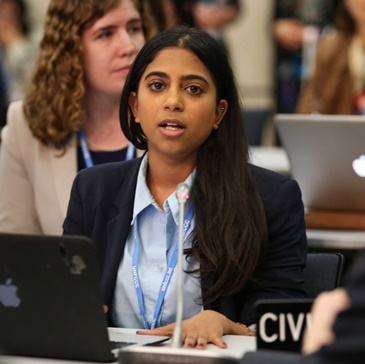
Prachi currently works at Amnesty International. She holds a BA/LLB from Monash University, Australia and specialised in International Politics and Criminology. As a law student, she worked in a Pro Bono Community Legal Centre empowering disadvantaged members of the community to enforce their legal rights. During this period, she also volunteered for a number of organisations including: Amnesty International, UNICEF, The Starlight Foundation and Jeans for Genes. While still at university, Prachi worked as Schools’ Director for Oaktree, Australia’s largest youth-run movement fighting poverty.
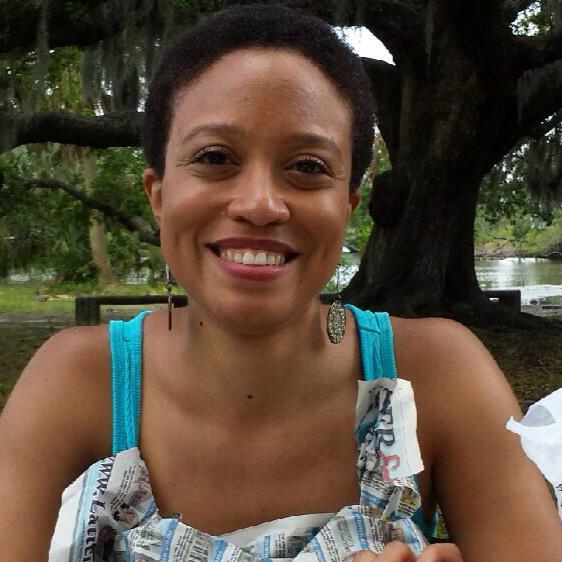
Rachel Harris currently works at the New York State Nurses Association (NYSNA). Prior to this, she worked for the New York City Council and environmental organizations including the World Resources Institute, the International Research Institute of Climate and Society and the Environmental Law Institute. Rachel holds a BA in Environmental Science from Barnard College and an MA in Climate and Society from Columbia University. She was born and raised in New Orleans, LA and has lived in New York, NY for over 15 years.
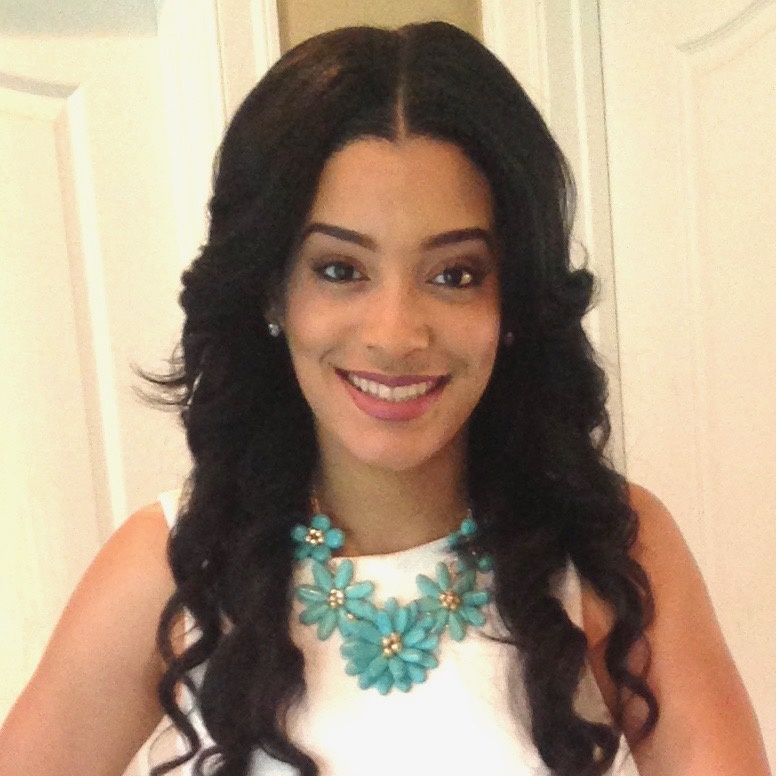
As a multimedia and communications expert with a passion for sustainability, environment, and climate justice, as well as human and women’s rights, Ashley specializes in purpose-driven storytelling, content creation, and strategic outreach. With a strong academic background, which includes a bachelor’s in Media Communications Studies (B.A.) from the University of Maryland Baltimore County and a master’s in Journalism (M.A.) from Georgetown University, and more than seven years of diverse experience across media platforms, Ashley has successfully crafted and shared the narratives of inspiring women, sustainability leaders, and individuals in underrepresented communities.
Most recently, Ashley traveled and lived in more than 12 different cities spanning across 10 countries in South America, Europe, and Asia while working remotely for the San Francisco-based company Blue Practice – a communications agency focused on positive change, sustainability, and the environment. During her international journey, she also spent time volunteering on-the-ground for various nonprofits, which included tutoring refugees at the International Rescue Committee in Belgrade, Serbia, building an economic rehabilitation home for mothers and at-risk youth in Chiang Mai, Thailand, and creating a marketing outreach plan for Argentina’s animal welfare organization Proyecto Carayá. Additionally, she has worked with media and journalism teams for several outlets and nonprofits in Washington, D.C., including NPR, AARP, The Philanthropy Roundtable and the Corporation for Public Broadcasting.
Currently, in New York, she continues to connect with communities who are passionate about the environment and positive change, and volunteers with Girls Write Now, a nonprofit that enables under-served young women to find their voices through the power of writing and community.
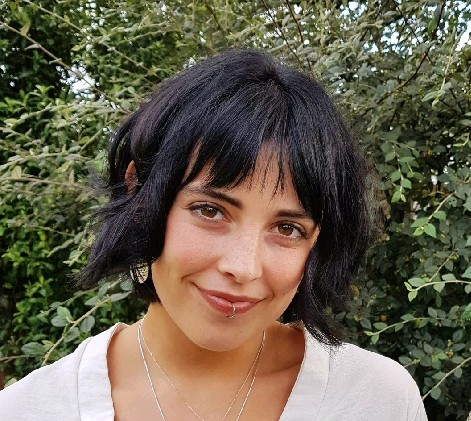
Shannon Greene is a social science graduate with a masters in human rights law from Ireland. Passionate about the intersection of gender equality and ecological justice, she is currently researching women’s participation in climate negotiations. Additionally, she has completed papers on ecofeminism and sexual and reproductive health rights. She is a researcher for Care About Climate’s platform EmpoderaClima, an educational and knowledge sharing network serving as a resource for gender and climate change issues. In her spare time, she enjoys reading, long walks on the beach, and smashing the patriarchy.
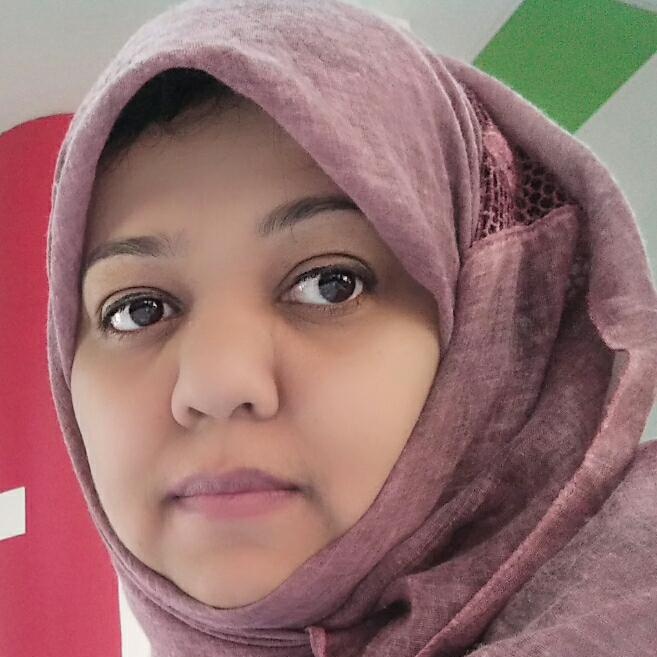
Dr. Farha Naz, a feminist and research scholar, completed a Doctor of Philosophy in the field of Gender and Development Studies in the Department of Development and Sustainability, School of Environment, Resources and Development, at the Asian Institute of Technology (AIT), Thailand, in 2019. Her research focuses on the nexus between gender roles and relations, livelihoods and environmental vulnerability and adaptation to climate change. During her studies she published an article in the high impact factor and peer-reviewed International Journal of Disaster Risk Reduction and presented conference papers and participated in various gender training and workshops, including preventing and responding to gender-based-violence (GBV) in the world of work, making the Convention on the Elimination of all Forms of Discrimination Against Women (CEDAW) work at the national level, and leveraging the cooperative advantage for women’s empowerment and gender equality in Turin, Italy, in 2015. Apart from that, she completed a Master’s degree in business administration (majoring in human resource management) and has seven years of work experience in an academic institution, Dhaka, Bangladesh (2007-2014). At present, she is working on additional articles for journal publications.
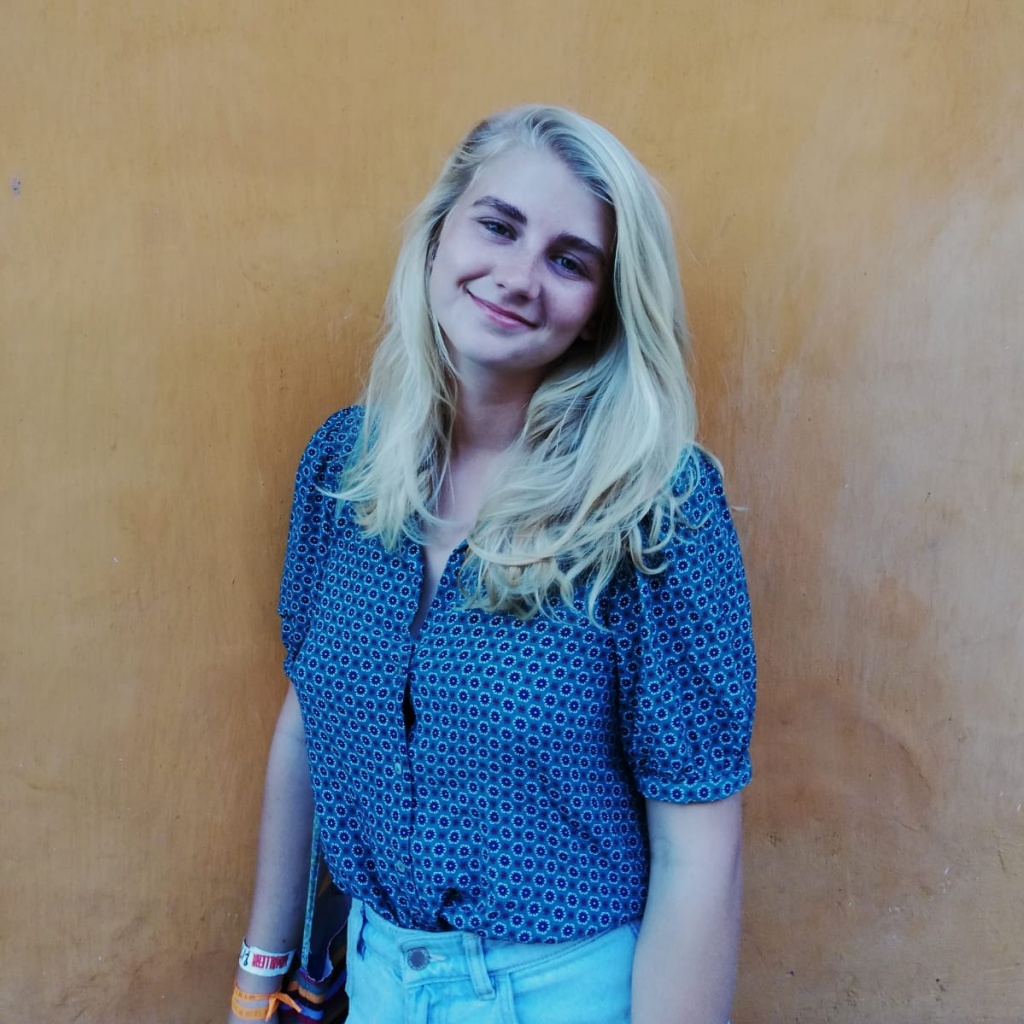
Elle is currently pursuing a Master’s Degree in Political Science and International Relations at the University of Amsterdam to develop her interest for the intertwining ways of our modern society. After an international upbringing, with her originally Belgian family having lived in Nigeria, Ghana, Switzerland and Malaysia, this internationally orientated career path was somewhat inevitable. In particular the passion for women’s rights as the key to development, gradually came about as a young woman continuously traveling throughout different countries around the world. She aspires to aid policy reform to place women on the agenda to improve their lives but also develop our society most efficiently, hence explaining her motivation and enthusiasm to volunteer for WEDO for the next few months.
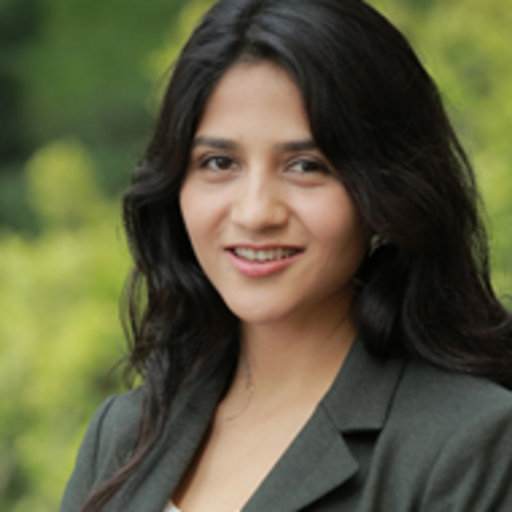
Natalia Vega Varela is a candidate for the masters’ degree in International Affairs and Development at The New School. Her academic background includes a bachelor’s degree in International Relations at Tecnológico de Monterrey in Mexico City with a focus in global political economy. In Mexico, she worked as research and project assistant at The Mexican Council on Foreign Relations (COMEXI). She focused on Mexico’s Foreign policy, human rights in Latin America and Cuba’s relation with Mexico and the region. She has also collaborated with different NGOs that work for women’s rights in Mexico, India and the US. Recently she has worked on the Voluntary National Reviews at the UN Department of Economic and Social, and she has collaborated as a Research Assistant to Sakiko Fukuda-Parr, Prof. of International Affairs and Vice-Chair of the Committee for Development Policy at the UN, focusing on COVID-19 impact on gender and inequality.
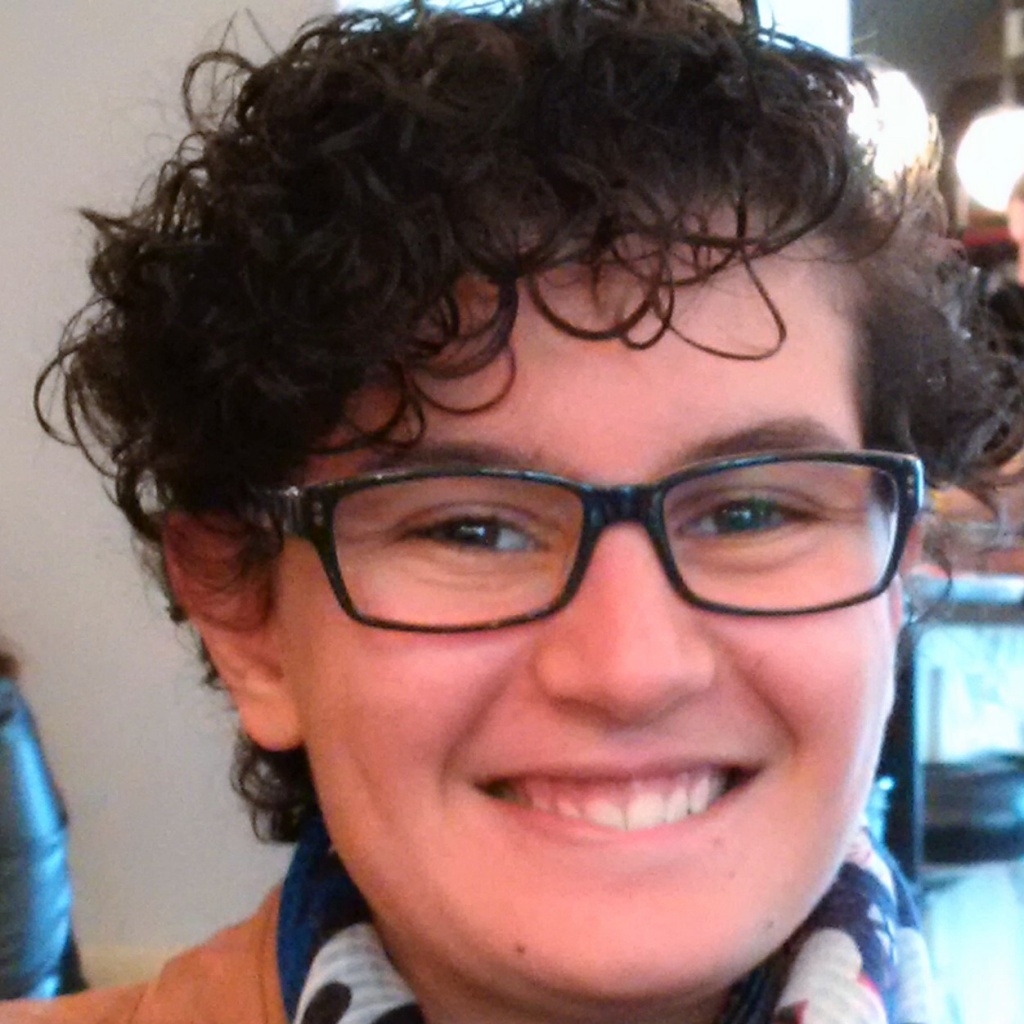
Dyna is a 24-year-old graduate student from France, passionate about sustainable economic development and environmental justice. Concluding a Master in Management and Economics at ESSEC Business School, she is currently pursuing her academic path at Columbia University ’s School of International and Public Affairs with a Master specialized in International Economic Policy, International Organizations and Gender Policy. During her studies, she was involved with ESSEC Desarollo Internacional, a student association which provides microcredit to entrepreneurs in Northern Argentina while promoting sustainable development and women’s empowerment. She joined WEDO’s team as an intern, focused on supporting the analysis, research, and outreach of the Gender Just Climate Solutions program.
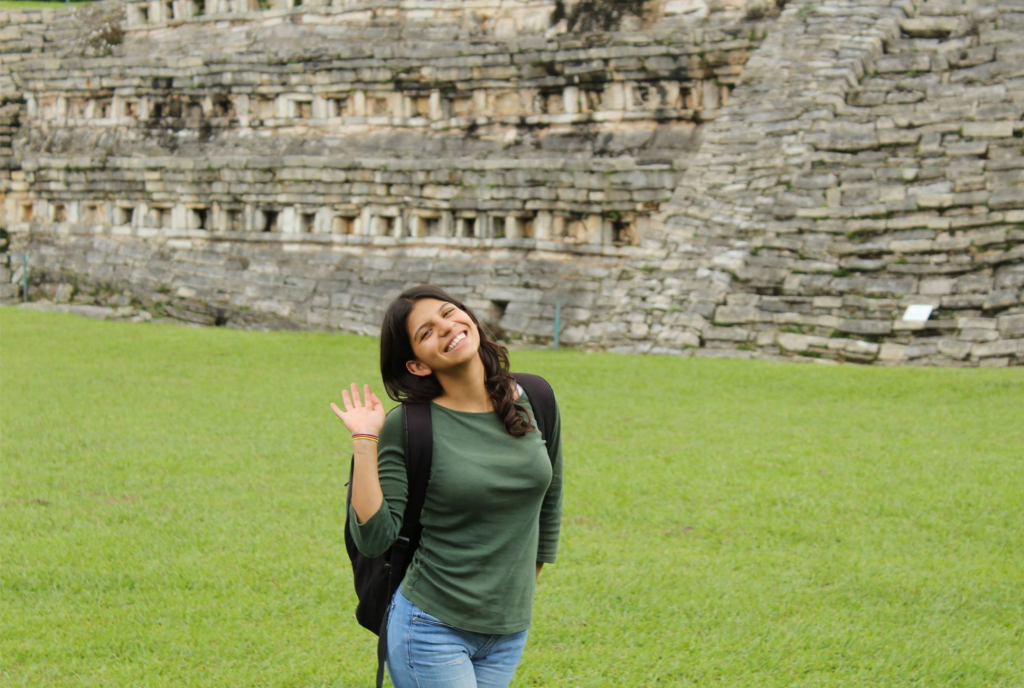
Laura Vigil-Escalera Mier served as an intern with the Gender Climate Tracker from February – May 2022.
Laura is a feminist and environmental activist. At WEDO, she was part of the Gender Climate Tracker Intern Team, assisting with developing the Gender Climate Tracker content, mainly related to the Latin American region. She has a degree in environmental sciences from the National Autonomous University of Mexico. Her main interests range from exploring the gendered connections between socio-cultural norms and land ownership, climate change’s effects on women’s SRHR, biodiversity, and public policies.
Laura is passionate about capoeira, a discipline she has been practising since she was nine. In addition to her Mexican-Cuban roots, she has inherited the pleasure of being a passionate dancer. She enjoys hiking and has the dream to travel and see the world while continuing to learn new things.
“We cannot talk about moving toward a just and sustainable world without talking about women.”
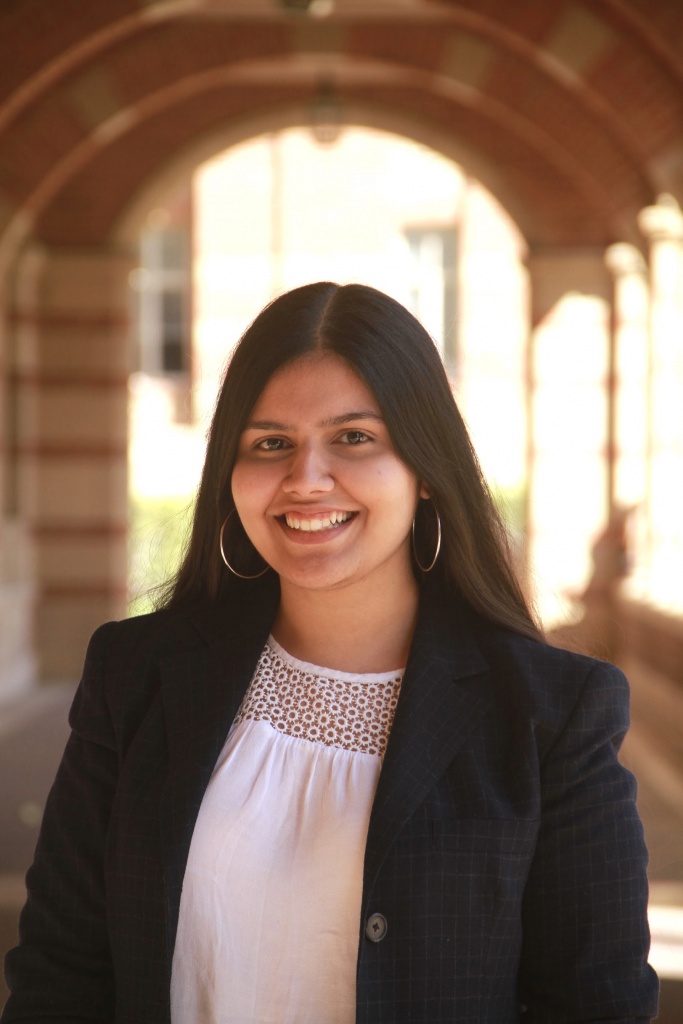
Nitya Mehta served as an intern with the Gender Climate Tracker from February – May 2022.
Nitya is a Class of 2021 UCLA graduate who majored in Global Studies, and minored in Environmental Systems and Society and Music Industry. Originally born and raised in Panama, she moved to California to explore her academic interests and passions. While in college, she gained interest in the intersection of gender and climate after taking a feminist studies class and doing her minor’s coursework. Her interdisciplinary coursework led her to write a comparative senior thesis on the gender compositions of environmental nonprofits across North America and Latin America, which introduced her to WEDO’s work. At WEDO, she worked as an intern under the Gender Climate Tracker team, helping to develop and improve the platform. She has previously worked with The ClimateMusic Project — a San Francisco-based nonprofit that works on raising climate change awareness through music — and is currently working with The Nature Conservancy. In her free time, you can probably find her enjoying all aspects of music (listening, performing, and creating), exploring new cultures and global gastronomies, or traveling.
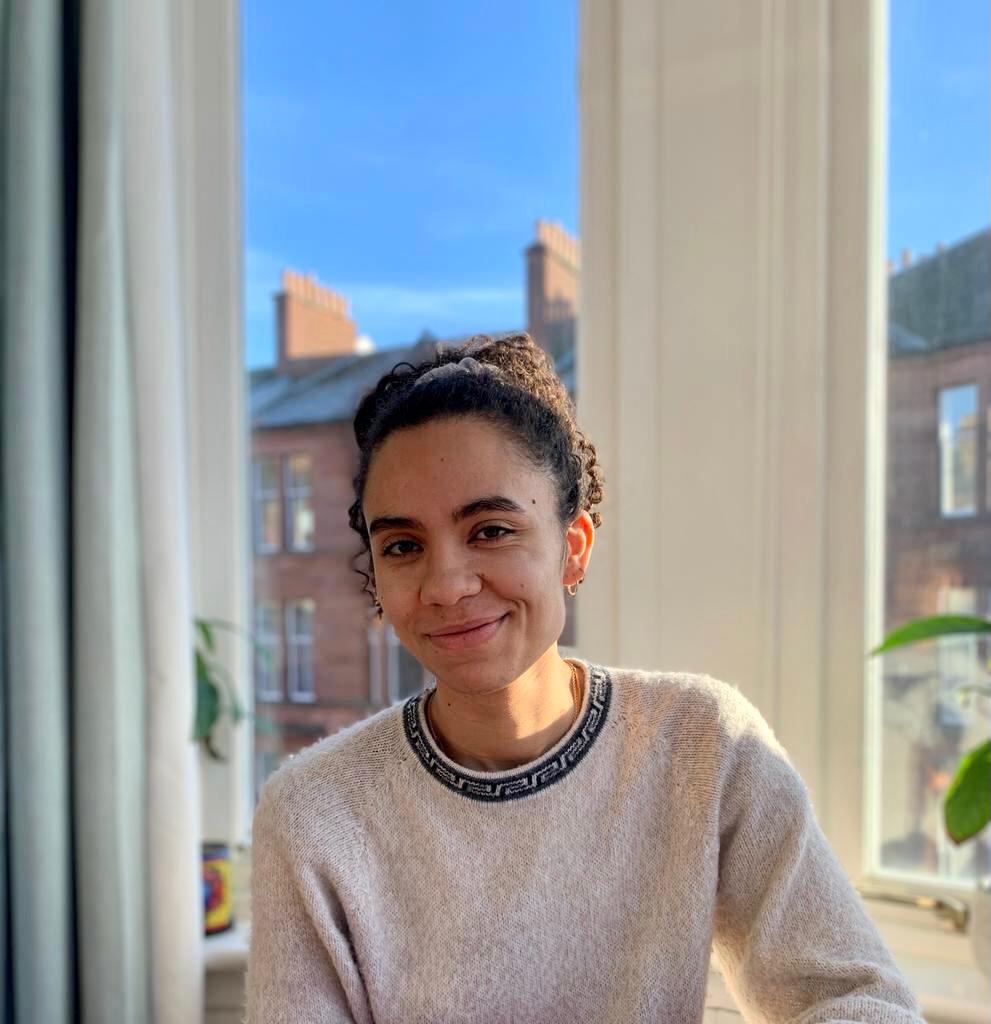
Ségolène Quercy served as an intern with the Gender Climate Tracker from February – May 2022.
As a Gender Climate Tracker Intern, Ségolène supported the GCT Team with research, maintenance, and outreach related to WEDO’s Gender Climate Tracker platform, focusing on Francophone Africa and French language resources.
Ségolène grew up in France and then moved to Montreal, Canada, where she graduated from McGill University with a Bachelor of Anthropology and Political Science. She is now in the final year of her master’s in Adult Education for Social Change at the University of Glasgow and focusing on her research in women’s literacies learning and teaching. She is passionate about social and environmental justice and working toward making women’s voices heard and represented. She likes reading, cooking, yoga, and being outdoors in her free time.

With a bachelor and a master’s degree in Environmental Sciences with courses that focused on chemistry, mechanics, biology, physics and environmental principles, Aicha has a complete understanding of sustainable development and international environmental policies. She has the insight to look at the overall picture and the communication, and interpersonal skills needed to convey this information to others in way that anyone can understand. Previously, she was responsible for the implementation of a GEF climate change adaptation project, aimed at reducing the vulnerability of agropastoralists. She then wanted to complete her experience on the gender theme, given the differentiated impact on the populations. She has thus multiplied experiences and professional partnerships in order to support capacity building, to prepare trainings, to support gender and climate sensitive projects and more. In addition, her experience at YALI has allowed her to learn about the fellowship and mentoring process.
As an African woman coming from a LDC, she aims to contribute and support the effort made by countries and partners, in favor of a more equitable climate justice.
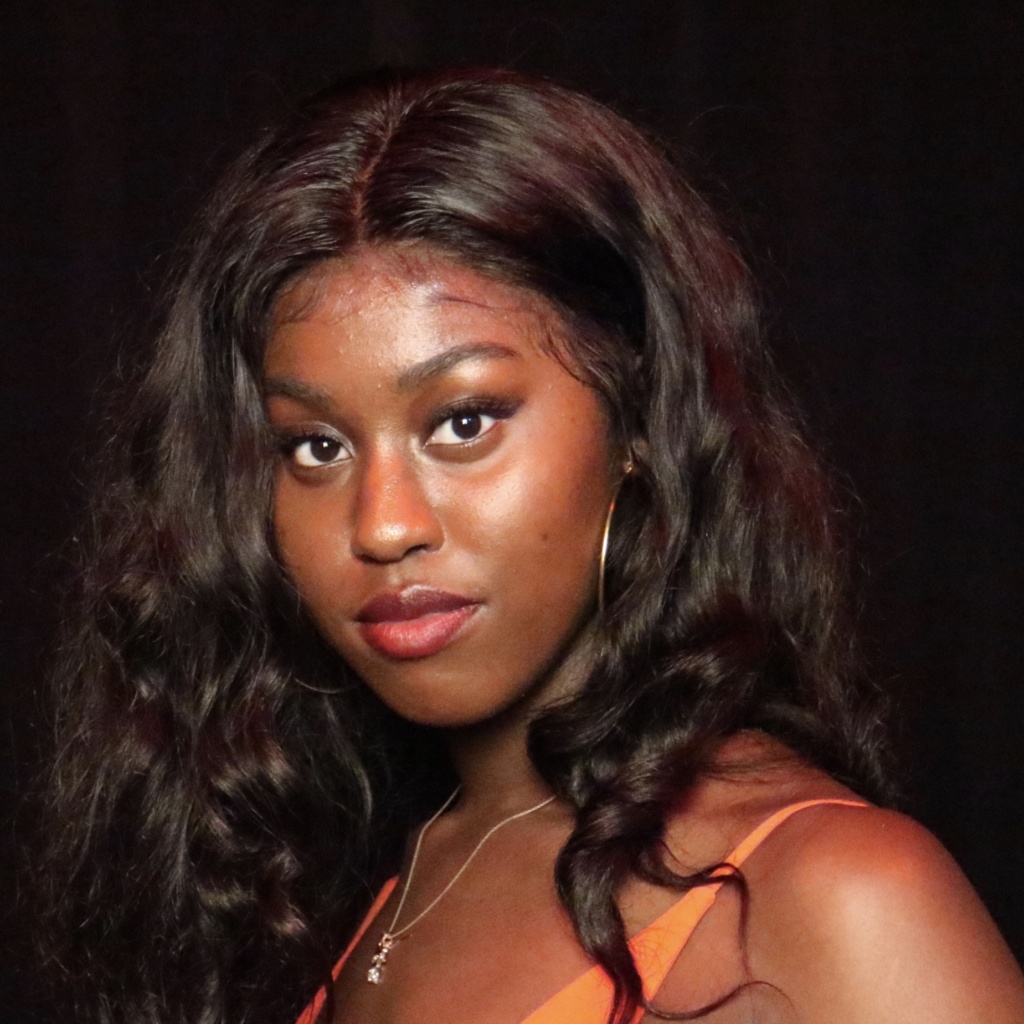
Kwolanne Felix served as the SRHR & Climate Justice Intern with the SRHR and Climate Justice Coalition from August to December 2022. She is a student at Columbia University studying History, and her research interest includes international development, gender-responsive frameworks, and environmental policies. In the past, she has interned at UN Women, the Council of Foreign Relations, and the Malala Fund. She is active on her college campus, advocating for marginalized students’ access to resources. She also founded the Inclusion and Diversity Committee of Columbia College Student Council. In her free time, she writes opinion pieces where she brings her nuanced and intersectional perspectives. Her writing and interviews have been featured in the New York Times, Good Morning America, and the Columbia Spectator. You can learn more about her and her work on her website.
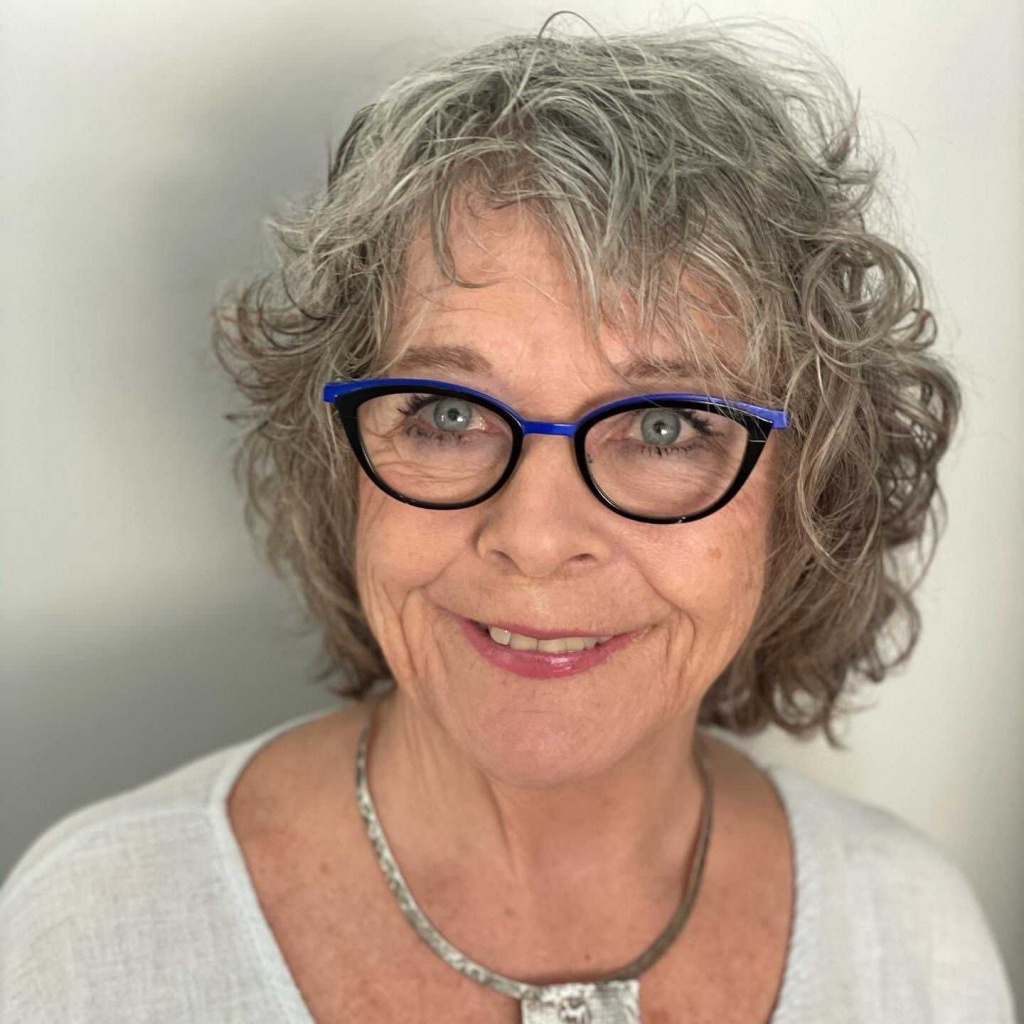
Katherine McDonald (Canada), LL.B., LL.M., is the first Executive Director of Action Canada for Population and Development (ACPD), which was formed in 1997. She has a long history as a human rights activist, with a focus on sexual and reproductive health and rights. She has substantial knowledge of international law as it relates to sexual and reproductive rights, and a deep understanding of the United Nations system and international human rights mechanisms. She actively participated at the Beijing Fourth World Conference on Women in 1995, its reviews, as well as the reviews of the International Conference on Population and Development, High Level Meetings on HIV/AIDS, and at the Human Rights Council and its predecessor, the Commission on Human Rights. Before joining ACPD, Katherine McDonald practiced law for ten years, and was the Executive Director of the Nova Scotia Public Legal Education Society, and President of the Nova Scotia Advisory Council on the Status of Women. She is a Past President of Planned Parenthood Federation of Canada, and a former member of the regional and international governing bodies of International Planned Parenthood Federation (IPPF).
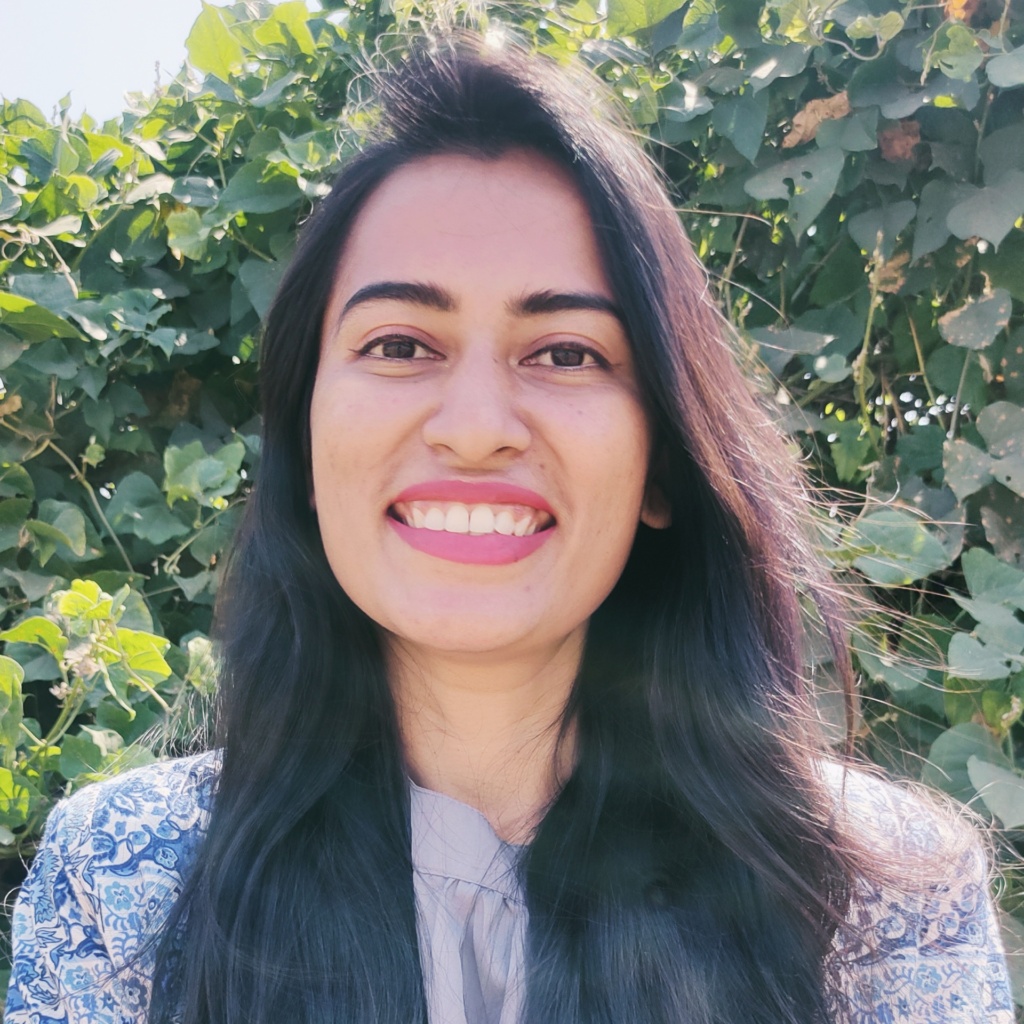
Suman is a Dalit queer feminist from India, working at the intersection of caste, gender, sexuality, storytelling, and digital advocacy. Suman served as digital communications associate with WEDO from March 2022-March 2023, and remains involved with storytelling initiatives as a communications consultant. As a law graduate with a Masters in Human Rights law, her skills lie in societal and evidence-based research and policy analysis, and she uses her skills and legal knowledge to create highly engaging and informative digital media campaigns, workshops, and training around intersectional feminist leadership and activism.
Prior to joining WEDO, Suman has worked with various regional, national, and international Civil Society Organizations, like Realizing Sexual and Reproductive Justice (RESURJ) where she served as the Digital Communications Associate; Jhatkaa.org as their Campaigns Manager: Gender and Sexuality; Dalit Women Fight as Programs Manager: Campaigns and Advocacy; and Feminism in India as a Digital Editor. She has also served as as a member of Dalit Women Fight’s Steering Committee for a year.
Suman wishes to leverage her storytelling skills to be a part of the many voices working toward the complete annihilation of the patriarchal and casteist structure of the society. In her free time, she can be found cuddling with her cats and dogs, binge watching anime, and making travel plans for trips she may never go on.
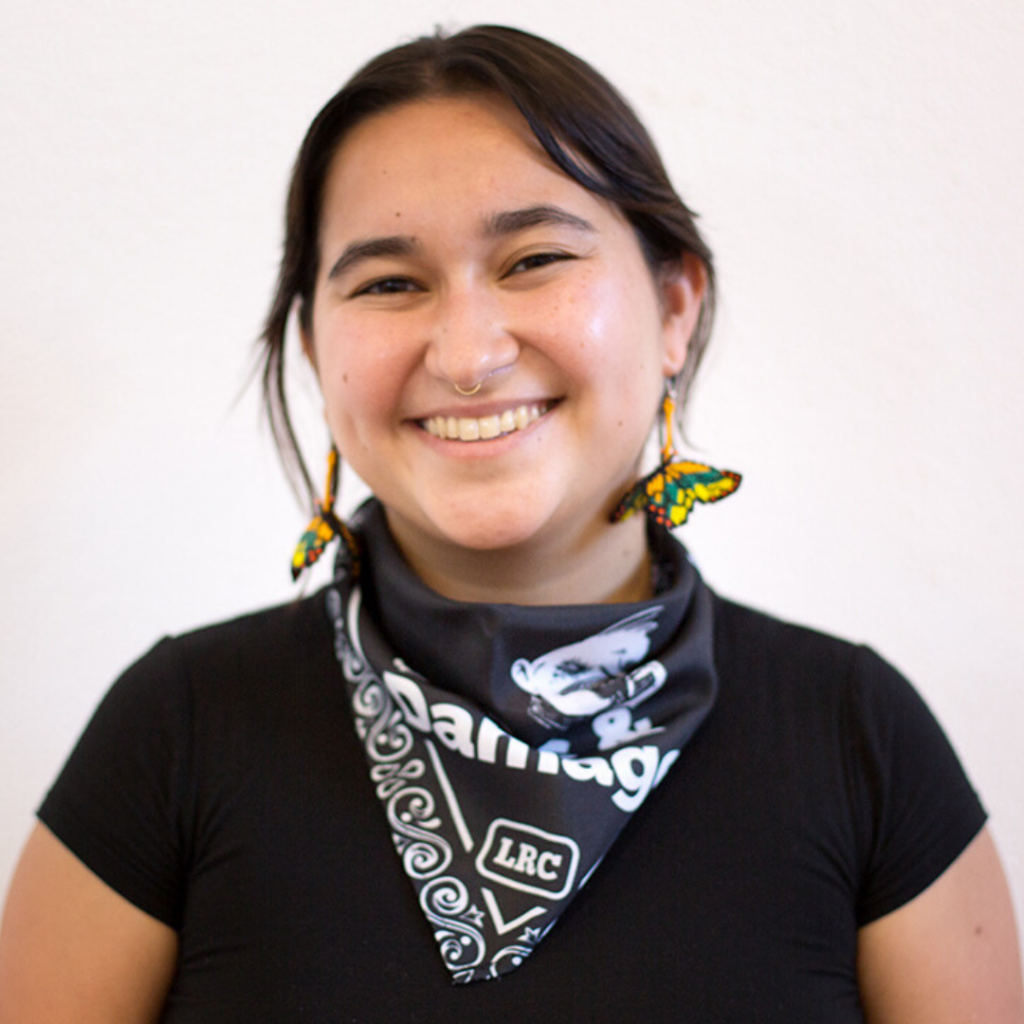
Andrea Vega Troncoso is a young queer feminist and activist from the Dominican Republic, now based in Brooklyn, NY. In her role at WEDO, Andrea coordinated the Women’s Major Group as well as supported WEDO’s young feminist work, climate finance advocacy, and the Feminist Action Nexus for Climate and Economic Justice. She graduated from Brown University with BAs in Environmental Studies and Latin American & Caribbean Studies, where her thesis focused on environmental injustice and coloniality in Dominican tourism developments. Andrea is committed to facilitating intersectional & decolonial feminist spaces and building radically just futures across movements.
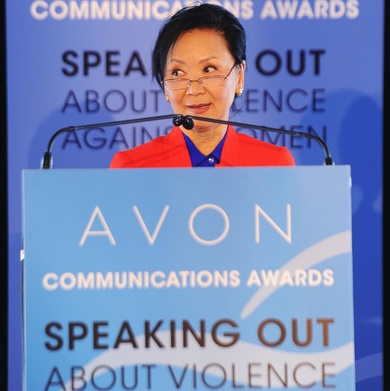
Soon-Young Yoon’s Linked-in profile says “I work for the UN and sometimes I get paid.” She is the UN representative for the International Alliance of Women, Immediate Past Chair of the NGO Committee on the Status of Women/NY and Immediate Past First-Vice-President of the Conference of NGOs in consultative relationship with the UN. In those capacities, she helps to organize the world’s women in support of CEDAW and the Beijing Platform for Action. In 1995, she served as the UN Liaison for the NGO Forum held in parallel with the UN Fourth World Conference on Women, an event that hosted more than 30,000 NGO participants.
Ms. Yoon served on the Board of Directors of WEDO, and is a board member of the Global Advisory Council at the Harvard AIDS Initiative and the International Foundation for Ewha Womans University. A former columnist for the EarthTimes newspaper, she works as a senior advisor/consultant for the World Health Organization and is co-editor with Dr. Jonathan Samet of the WHO monograph, “Women and the Tobacco Epidemic.”. She received her PhD in Anthropology from the U of Michigan and earned a certificate in computer graphics from Pratt Institute of Art. Soon-Young Yoon (United States) received her A.B. in French literature and Ph.D. in anthropology from the University of Michigan. She was a Social Development officer for UNICEF in the Southeast Asia office as well as the Social Scientist at WHO/SEARO in New Delhi.
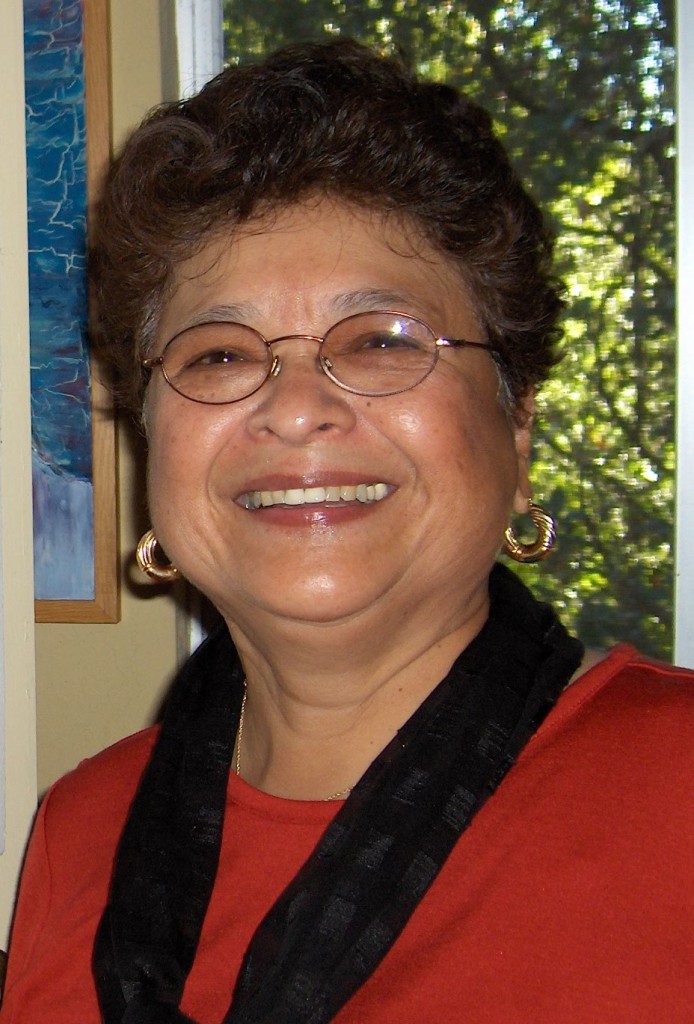
Carmen Chiong (United States) served a three-year term on WEDO’s Board of Directors. She has a BS in Business from UC, Berkeley and an MBA in Finance from the University of San Francisco. Carmen and her family immigrated to San Francisco at an early age from Lima, Peru. She has over 25 years of experience working for NGOs and other nonprofit organizations in women’s human rights, youth, education, affordable housing, and economic development; both in the SF Bay Area and in New York which was home for 15 years. Carmen’s career in accounting, finance, and management includes: Controller and Administrative Director of Equality Now, Fiscal Officer for MADRE, Controller for Ms. Foundation, and five years as Director of Finance for WEDO. Her commitment to activism includes serving as Board Member and Treasurer of the Audre Lorde Project and several other organizations in New York. Based again in the SF Bay Area, Carmen is a Treasurer on the Board of Lavender Seniors. Currently, she is the Finance Director of The Mentoring Center.
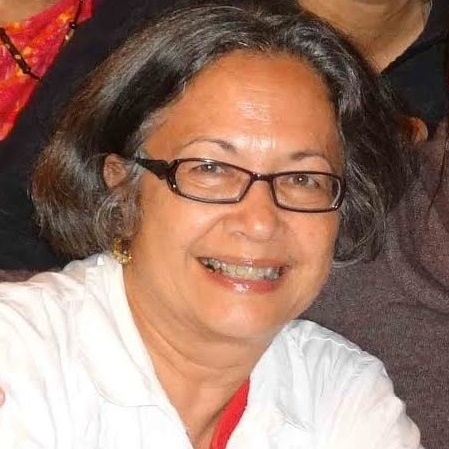
Annette Tjon Sie Fat (Suriname) served a three-year term on WEDO’s Board of Directors. She is the former Executive Director of Conservation International (CI) Suriname. Through her work with CI, as well as in her role as Programme Manager for UNIFEM’s Women and Sustainable Human Development programme, Annette has spent the last 20 years in villages in the interior of Suriname, helping to develop and advocate for sustainable development plans and programmes. She began her career as a teacher, focusing on English language and literature, and soon became a translator and interpreter in Suriname, working in government services for over fifteen years and starting her own translation company. However, her passion and long-time NGO work on behalf of women and children’s rights eventually led her down a different path—to pursue her Master’s degree in Development, Participation and Social Change at the Institute of Development Studies of the University of Sussex in Great Britain. In January 2013, she retired as Executive Director of CI Suriname and now works as an independent consultant and current president of the Projekta Foundation for gender equality, using her wealth of experience to help design and facilitate dialogue processes and programmes, while continuing to advocate for gender equality.
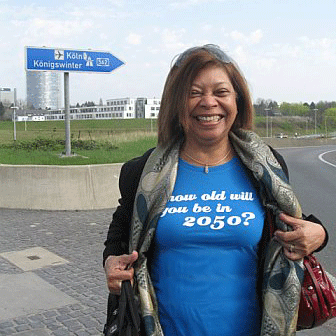
Monique Essed Fernandes (Suriname) has been active in social development and politics for the past twenty years. She is the founder of the Women’s Parliament Forum, an organization to foster women’s political participation, as well as Projekta, an NGO focusing on women and development. Ms. Essed Fernandes is also the founder of a political party in Suriname and was the first woman to run for President of the country. She recently served as a policy advisor on planning and development cooperation and governance issues in Suriname, the region and worldwide. While continuing her international work, she is presently focusing on educational, environmental and governance priorities in her own country. Ms. Essed-Fernandes has been on the WEDO Board for several years, serving in the capacity of both Vice-Chair and Chair, prior to stepping back in late 2009 to act temporarily as Interim Executive Director during a transition period for the organization.
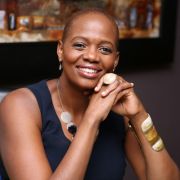
Wanjira Mathai is the Co-Chair of WRI’s Global Restoration Council, Chairperson of the Green Belt Movement, and the Director, Partnerships for Women’s Entrepreneurship in Renewables (wPOWER), Wangari Maathai Institute (WMI).
Mathai grew up in Kenya, traveling to the United States to attend college. She is a graduate of Hobart William Smith College and graduate schools of Business and Public Health at Emory University. She then worked as Senior Program Officer for International Health at the Carter Presidential Center in Atlanta focusing on issues of disease eradication. Since 2002, Mathai has been directing International Affairs at the Green Belt Movement (GBM), which was founded by her mother, the late Nobel Peace Laureate Wangari Maathai. She is also a World Future Councilor, Advisory Council Member (Global Cookstoves Alliance), and Member of the Earth Charter International Council.
Besides serving on WEDO’s Advisory Committee, she currently serves on the Board of Directors of both Green Belt Movement and the Wangari Maathai Institute for Peace & Environmental Studies.
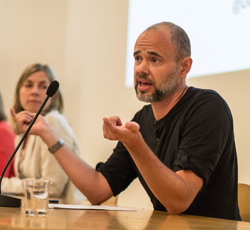
Julian Walker (United Kingdom) is a Lecturer at the Development Planning Unit of University College London, where he directs the Gender Policy and Planning Programme, as well as the MSc in Social Development Practice. He works extensively on gender equality and social diversity both in academic research and teaching and through practice based work. This has included support to gender mainstreaming in organizations, and bringing a gender perspective to programmatic interventions in Africa, Asia, Eastern Europe and Central Asia. He has worked with a range of development organizations, including the United Nations Secretariat (UNOV and UNESCAP), the International Labour Office, the Food and Agriculture Organization, the European Commission, and the Swiss Bilateral Development Agency (SDC-DEZA). His current research interests relate to how gender, and social diversity, affect the aspirations of different groups of women and men, their treatment by social and economic policy, and their ability to achieve well-being. This has included recent research into how to define and measure time-poverty as a way of measuring some of the gendered dimensions of ill-being.
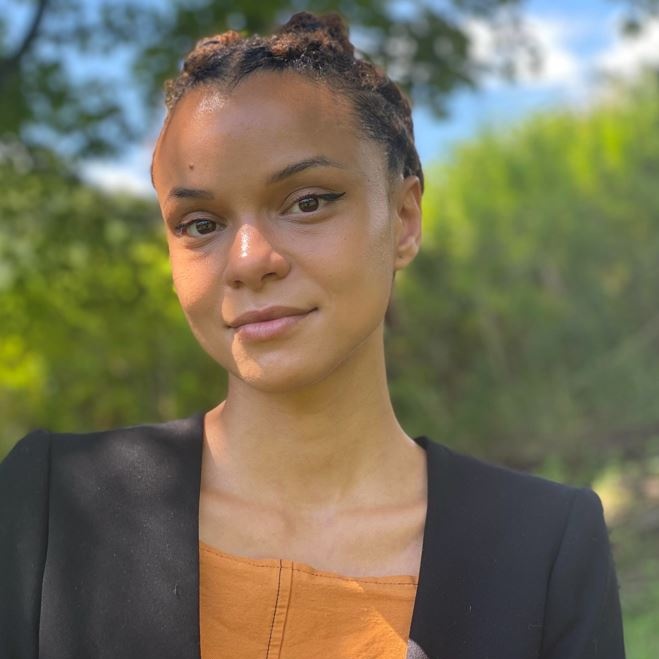
Stacy-Jebett Bullard served as WEDO’s Senior Operations Manager from June 2021 to August 2023. Stacy has dedicated her career to developing capacity for organizations addressing systematic exploitation and marginalization. She has functioned in program development, fundraising and direct-service roles, but is most passionate about infrastructure building and internal support. Stacy received her master’s from Goldsmiths, University of London in Postcolonial Culture & Global Policy, and a BA from Columbia College of Chicago. Stacy grew up in Philadelphia and currently resides in Central Vermont, on the n’dakkina of the Sokoki Abenaki nation.
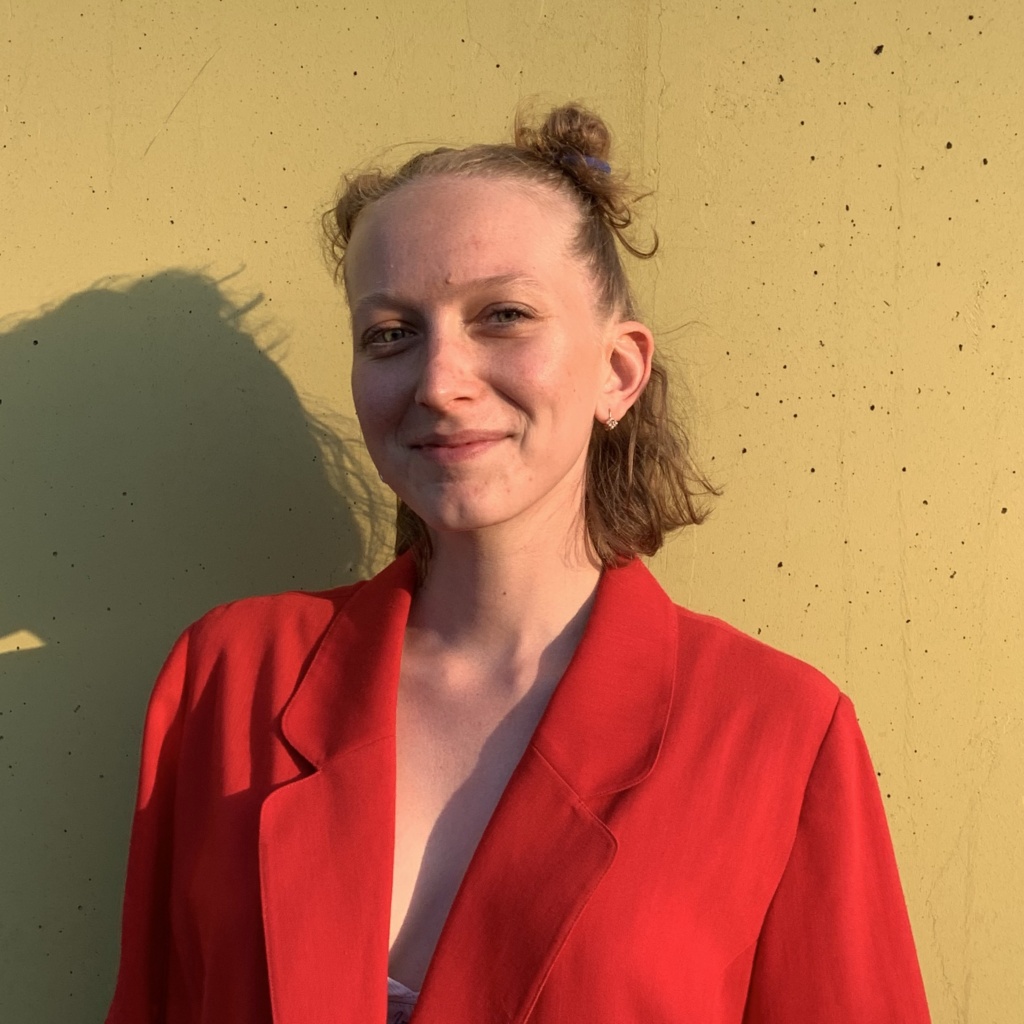
Megan is an Italo-French feminist, researcher, and activist who is dedicated to championing social and environmental justice while amplifying the voices of women and queer individuals. She worked with the WEDO team to support maintenance, research, monitoring, and outreach related to the Gender Climate Tracker (GCT) platform.
With a background in international relations and a minor in Middle Eastern studies, Megan embarked on her academic journey in Italy before moving to France to pursue her studies. There she obtained her Master’s degree in International Security, focusing on the intersectionality of gender and climate change. She wrote her thesis on gender representation in counterterrorism initiatives, and she conducted extensive research on ecofeminism and environmental justice.
Megan’s passion for political research was ignited during her time as a volunteer English and French teacher in Al-Jadida, Morocco. Witnessing the profound impact of social and political issues on education, she collaborated with women and girls to raise awareness about their fundamental rights. This experience fueled her interest in advocacy, leading her to serve as an International Advocacy & Analyst at ADHRB.
In her most recent role as a State Strategy Analyst for the French Government, Megan conducted research and analysis pertaining to the European Cooperation Process, managing and reviewing political data, organizing political speeches, and developing environmental and territorial cooperation strategies to fight climate change.
During her free time, Megan actively contributes as a Council Member at dED (Demilitarize Education) and collaborates with student organizations advocating for gender equality and raising awareness about climate change. She also loves bouldering and has a deep appreciation for cinema and music.
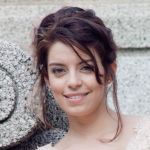
Dr Catalina Ortiz is an architect and urbanist. She is interested in the negotiated co-production of space in the Global South. She holds a PhD in Urban Planning and Policy from the University of Illinois at Chicago (Fulbright scholar) and a Master’s in Urban and Regional Studies from the National University of Colombia. She is a lecturer and co-director of the MSc programme in Building and Urban Design in Development at The Bartlett Development Planning Unit, University College London.